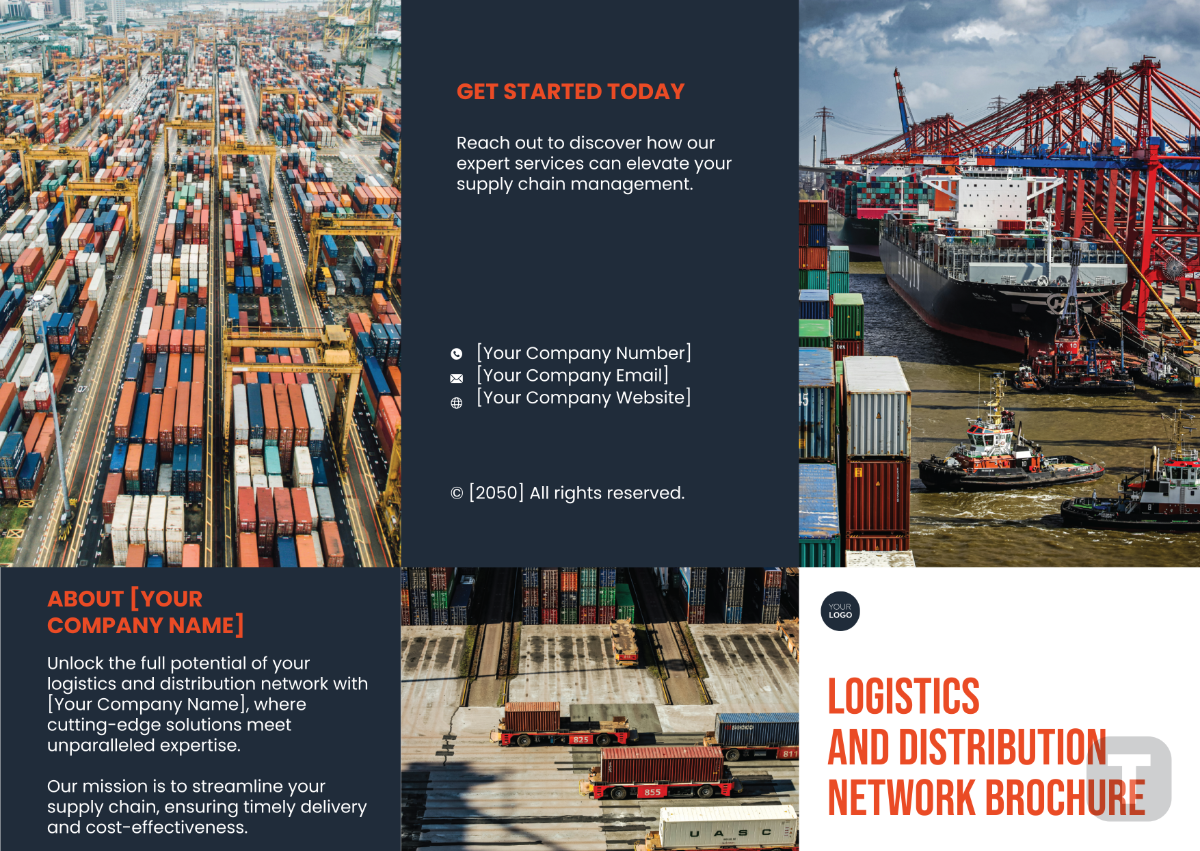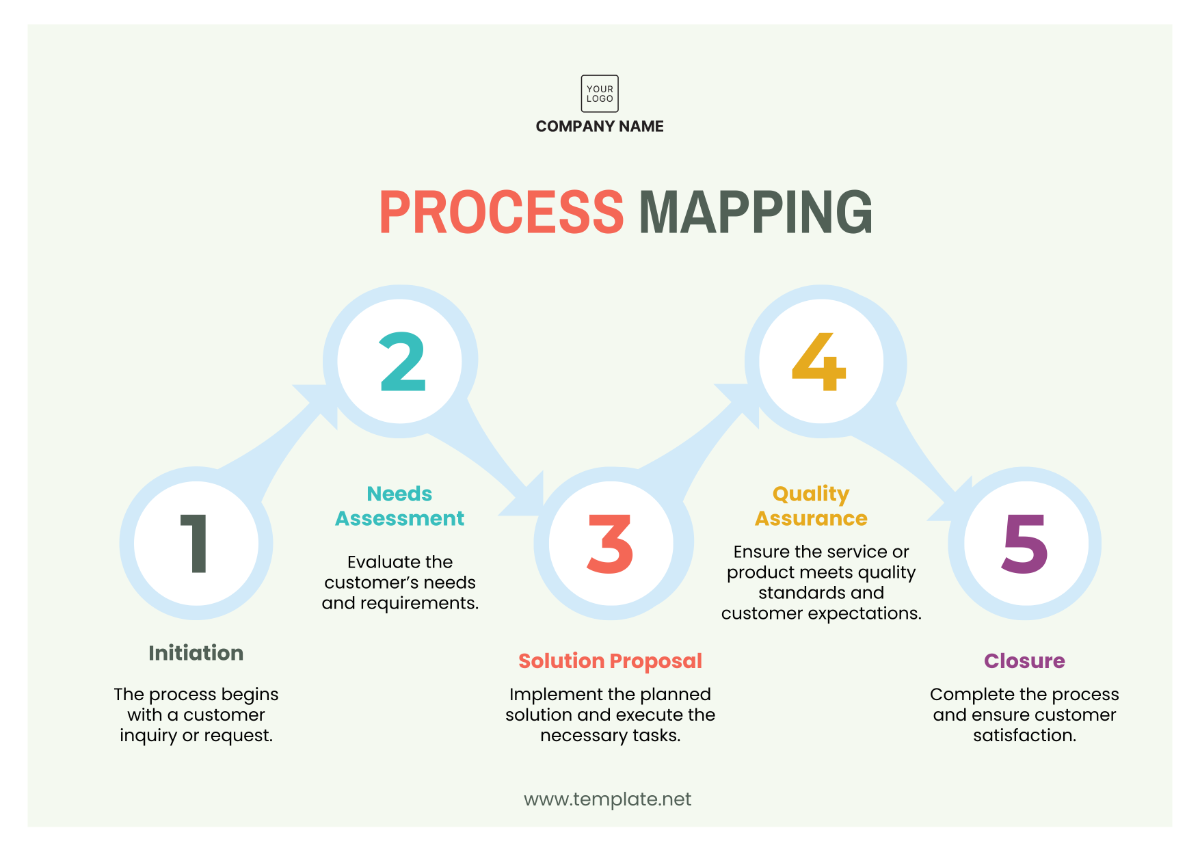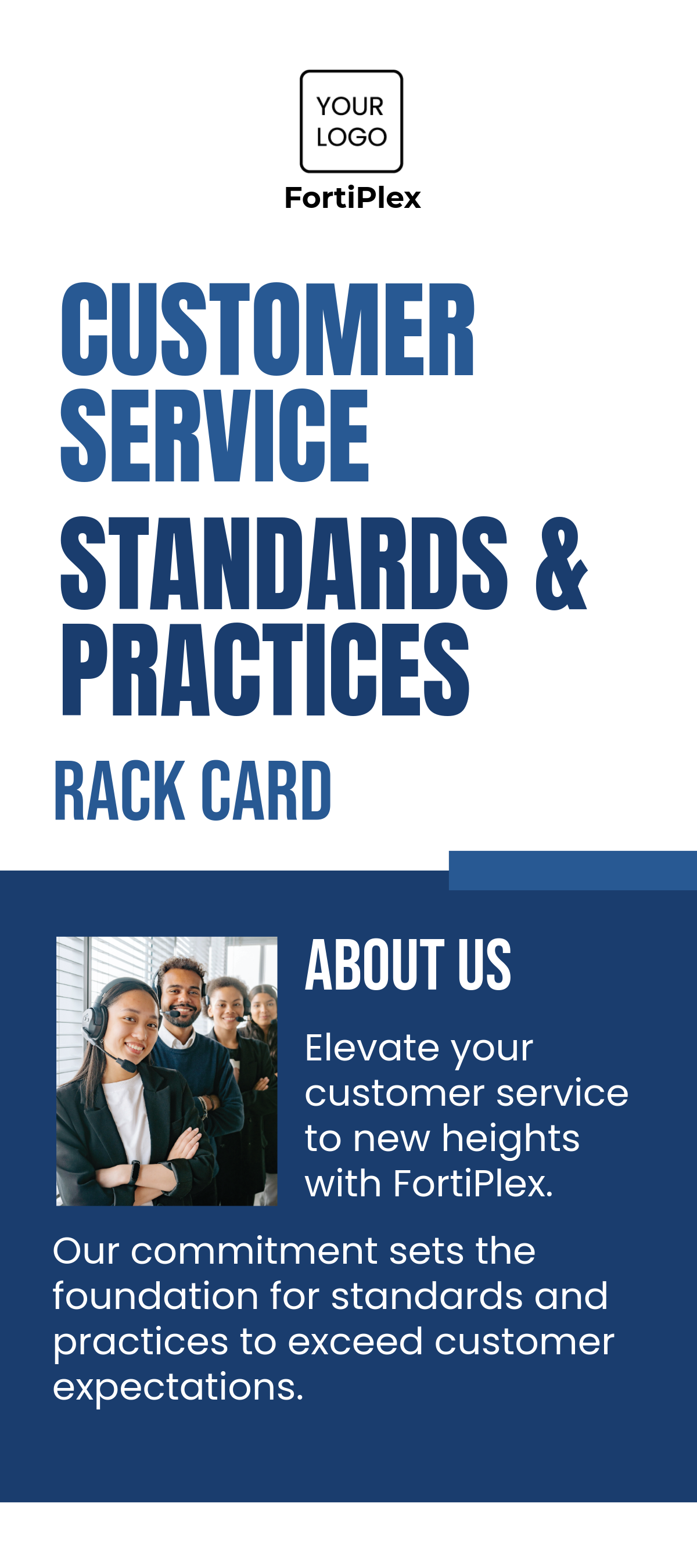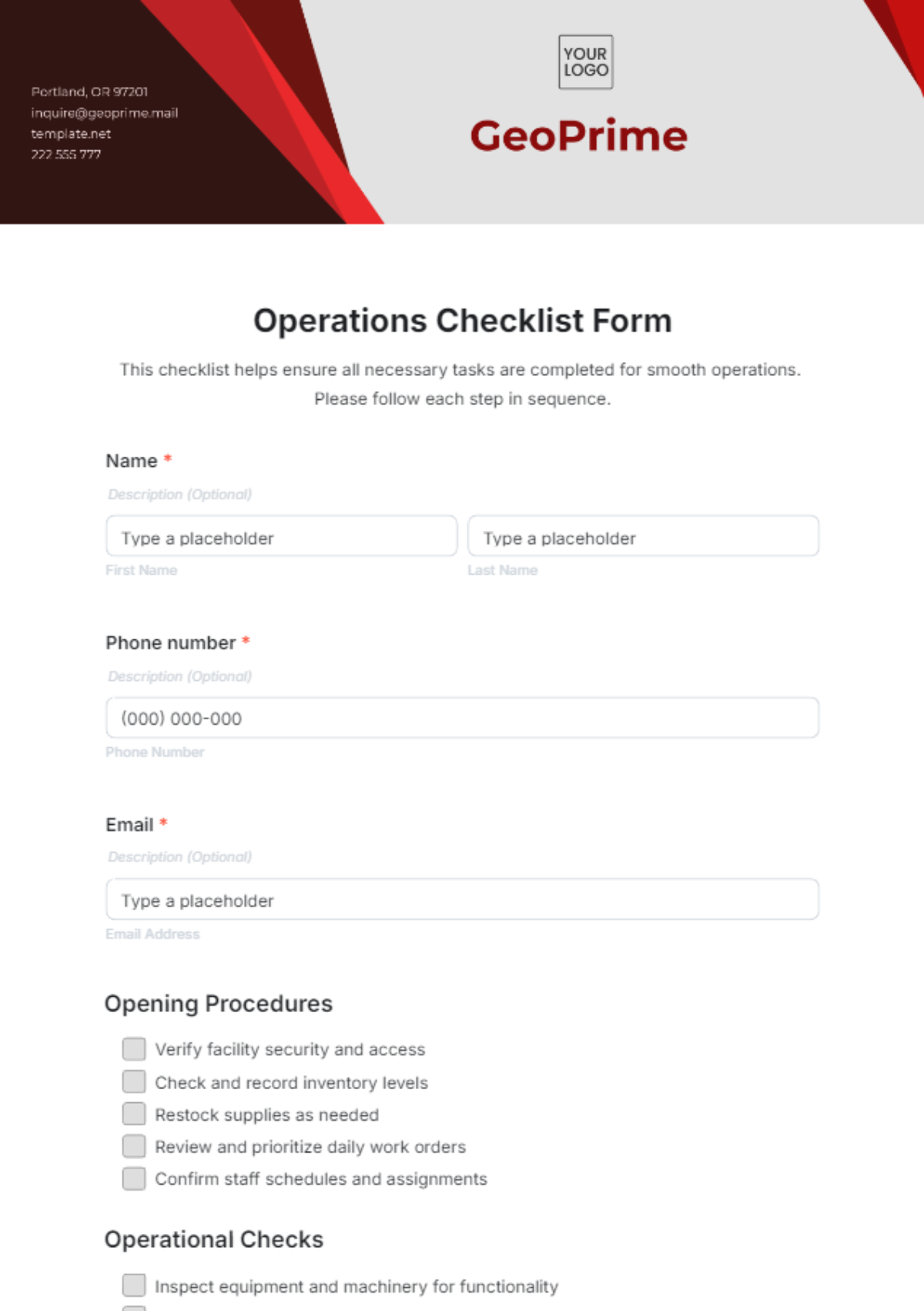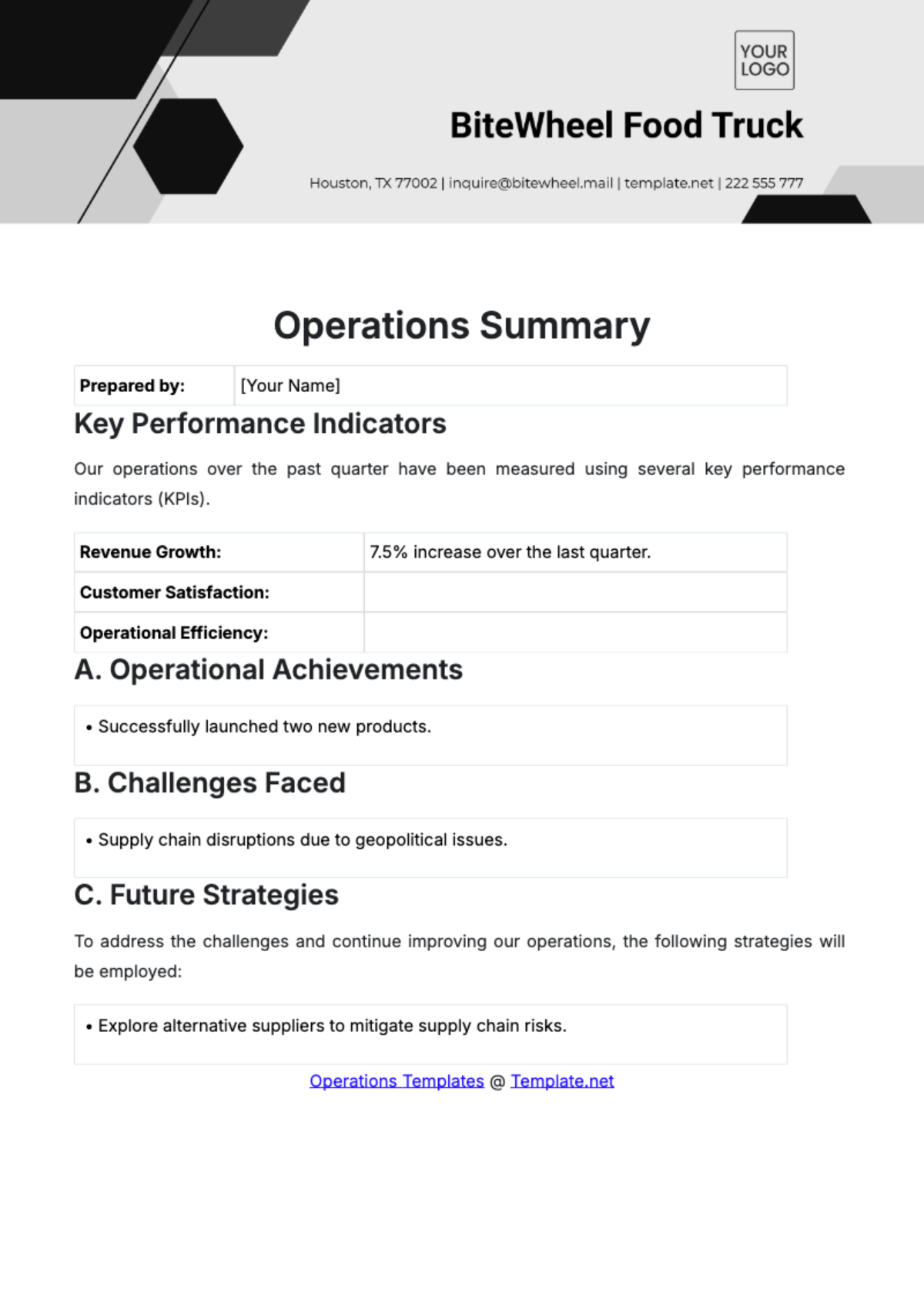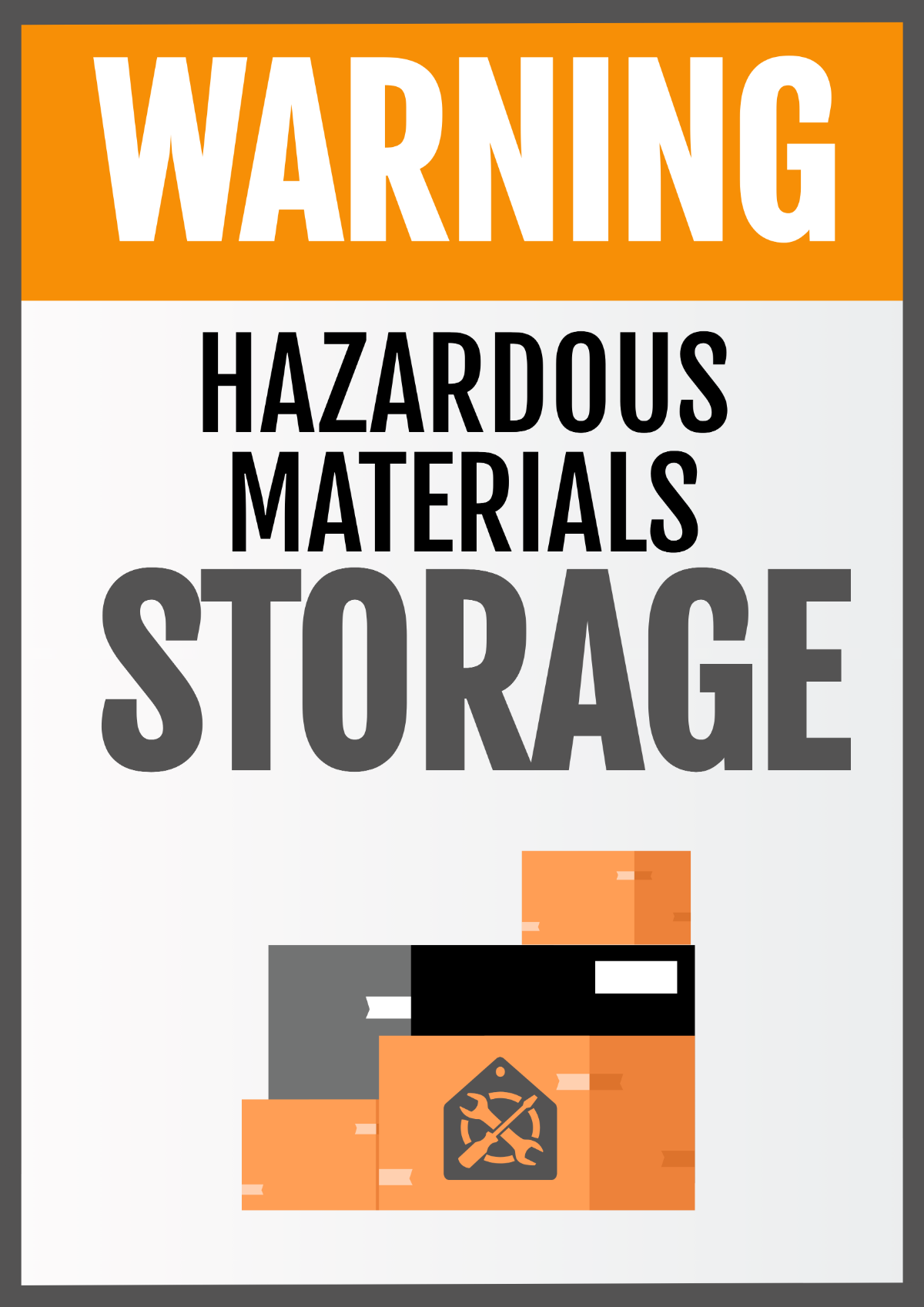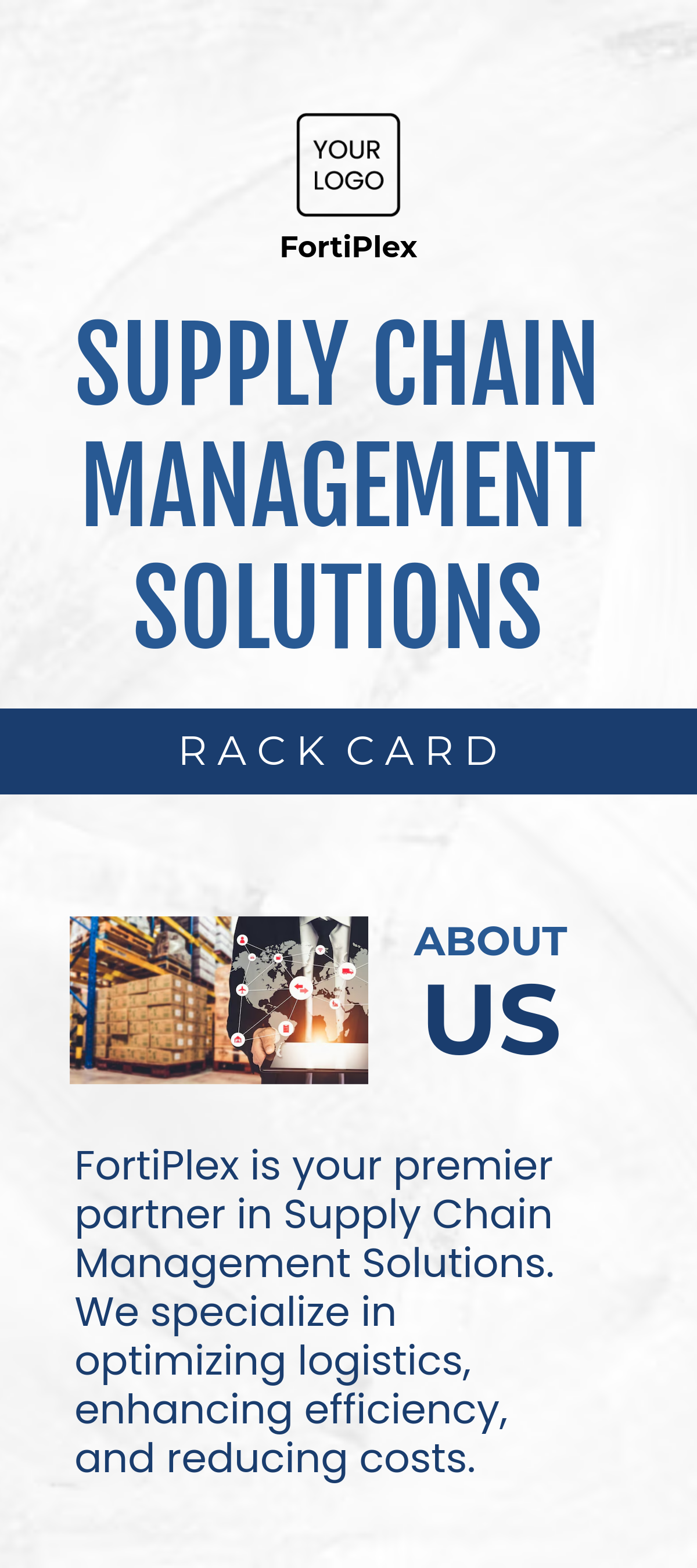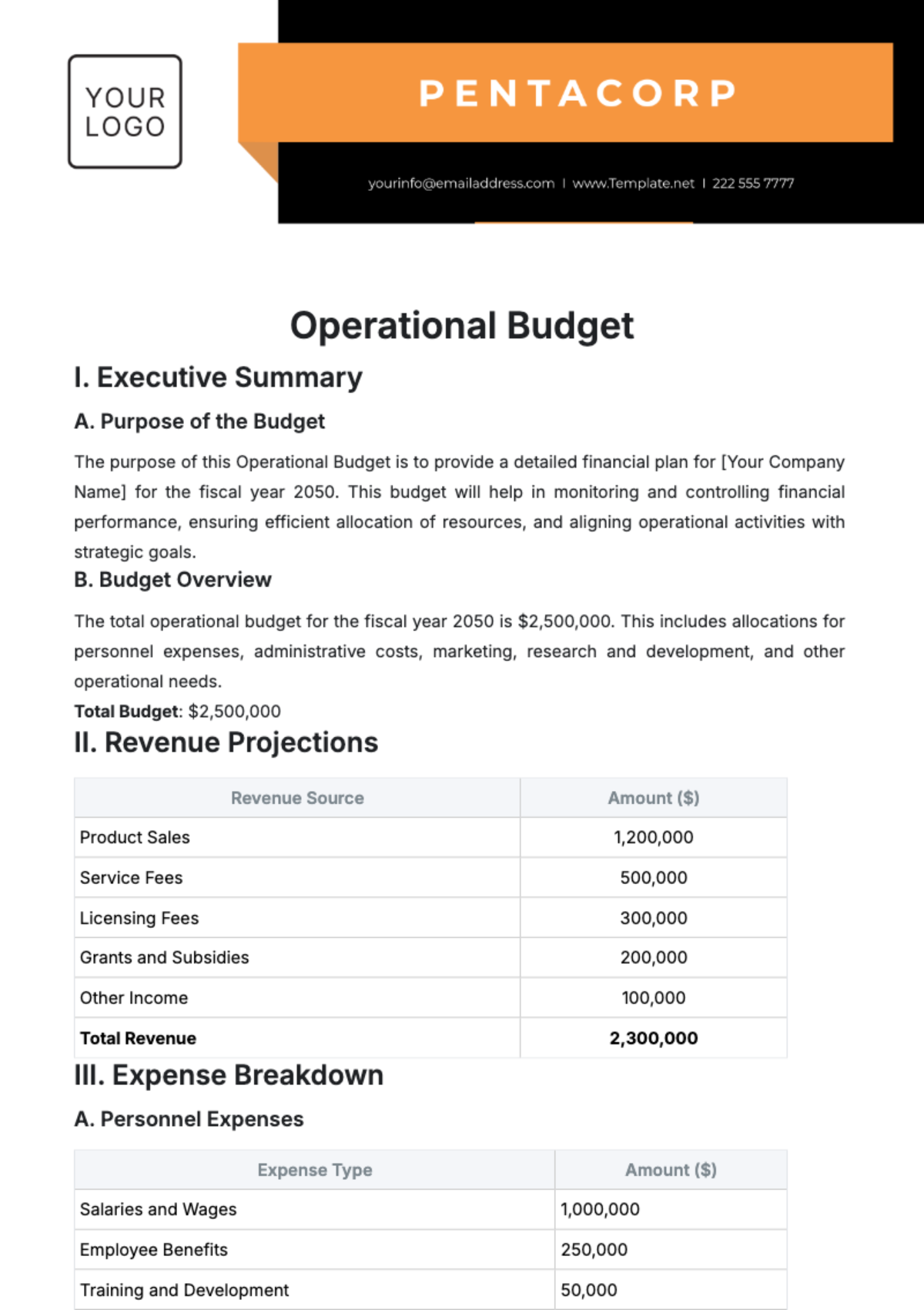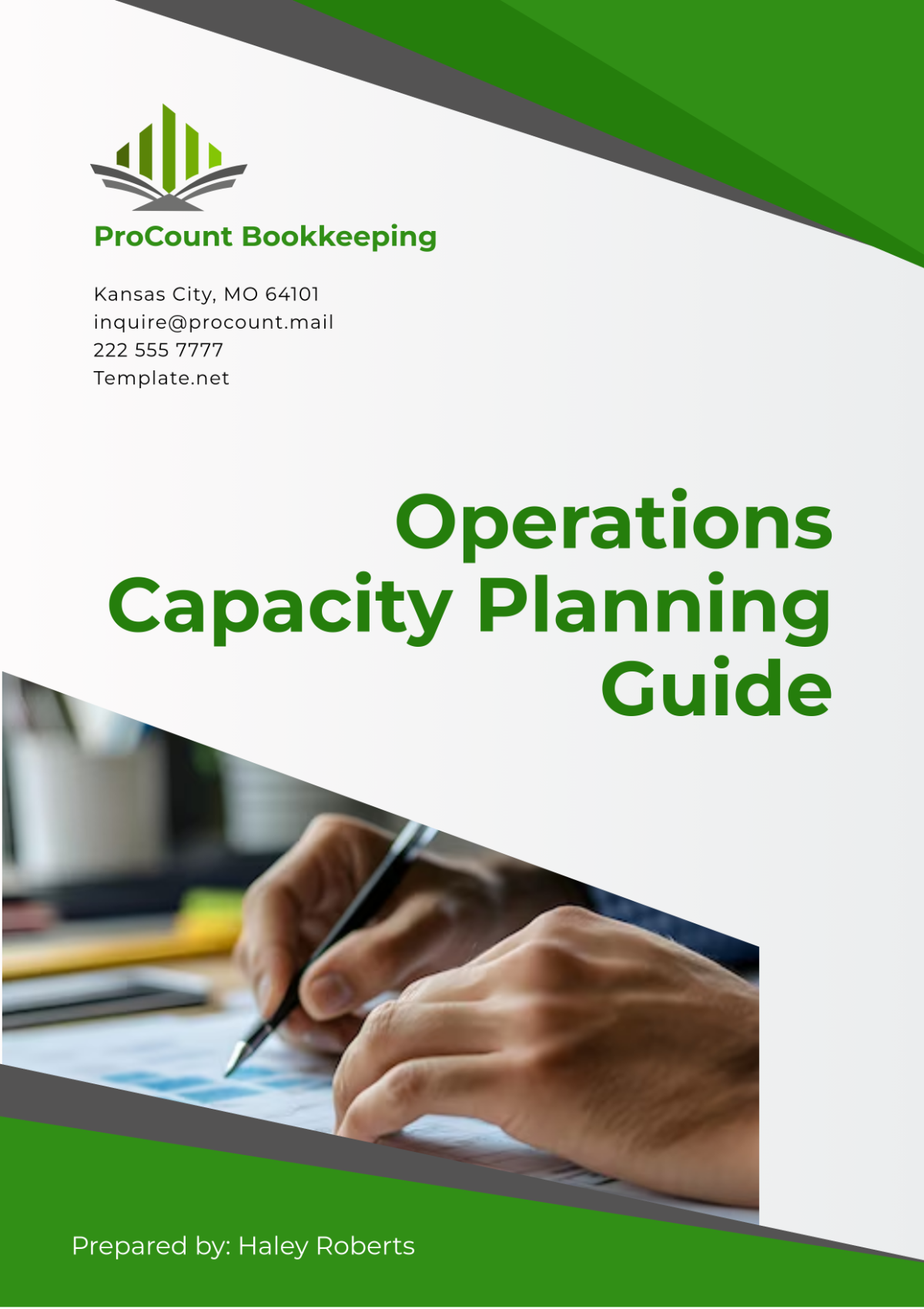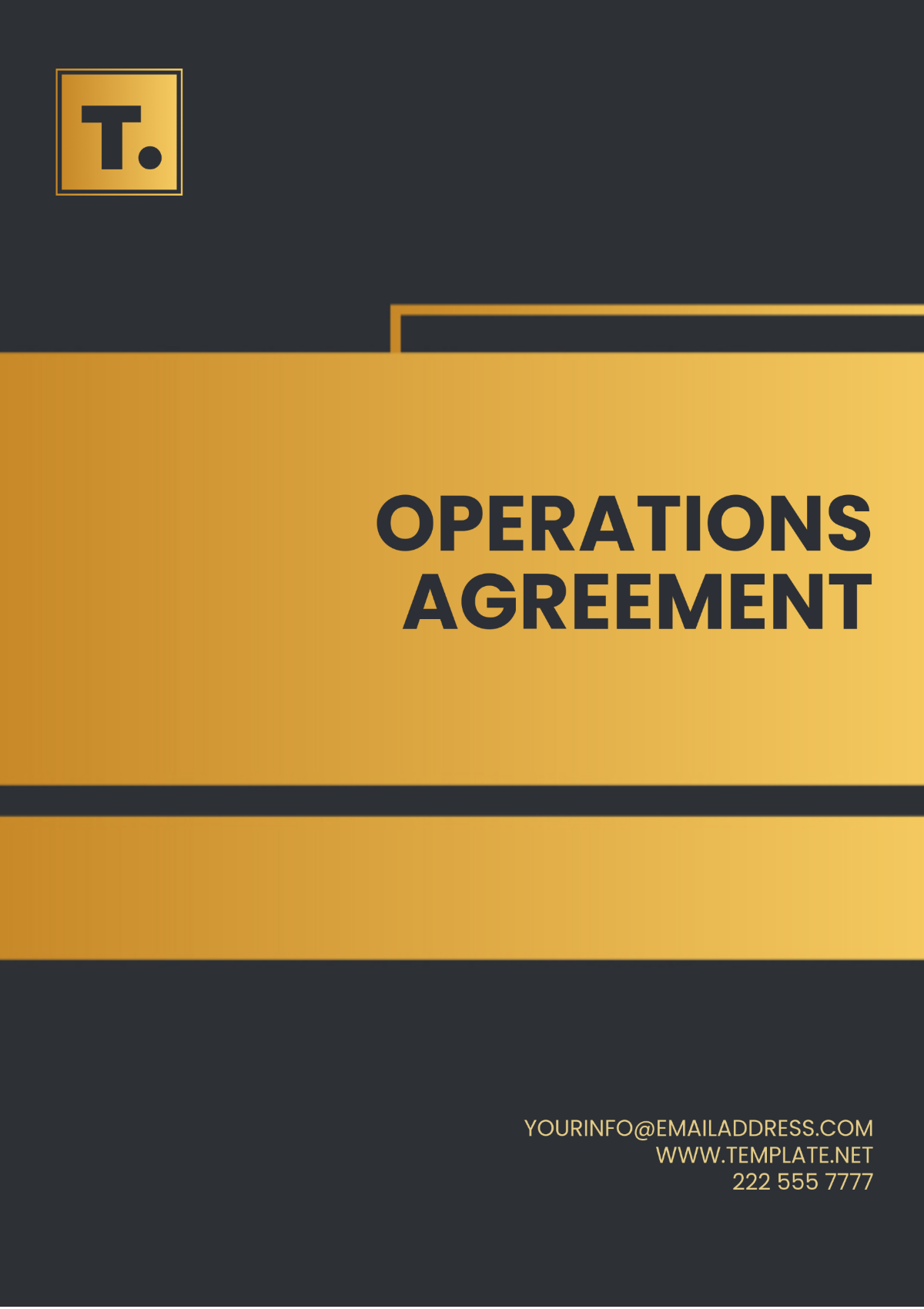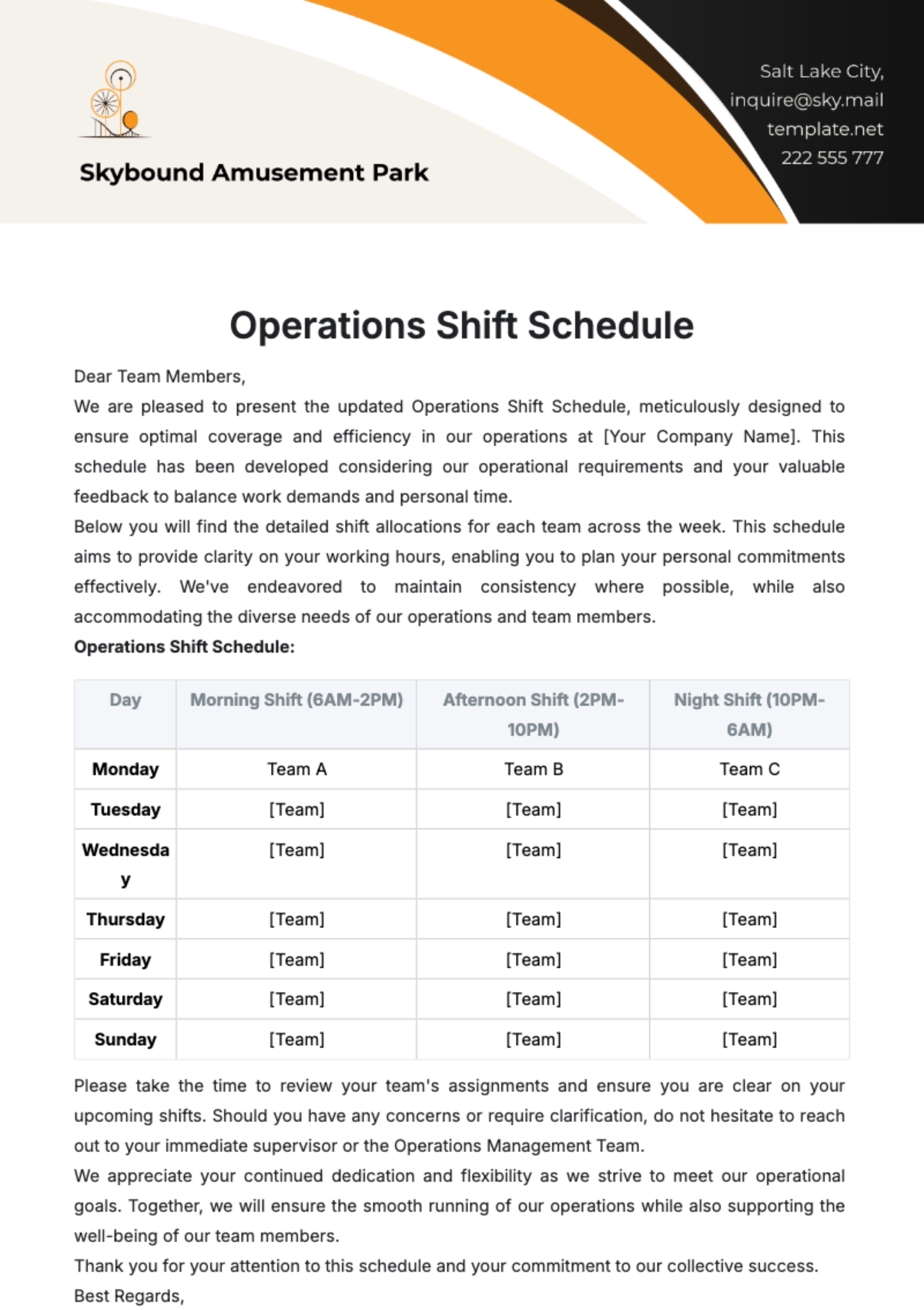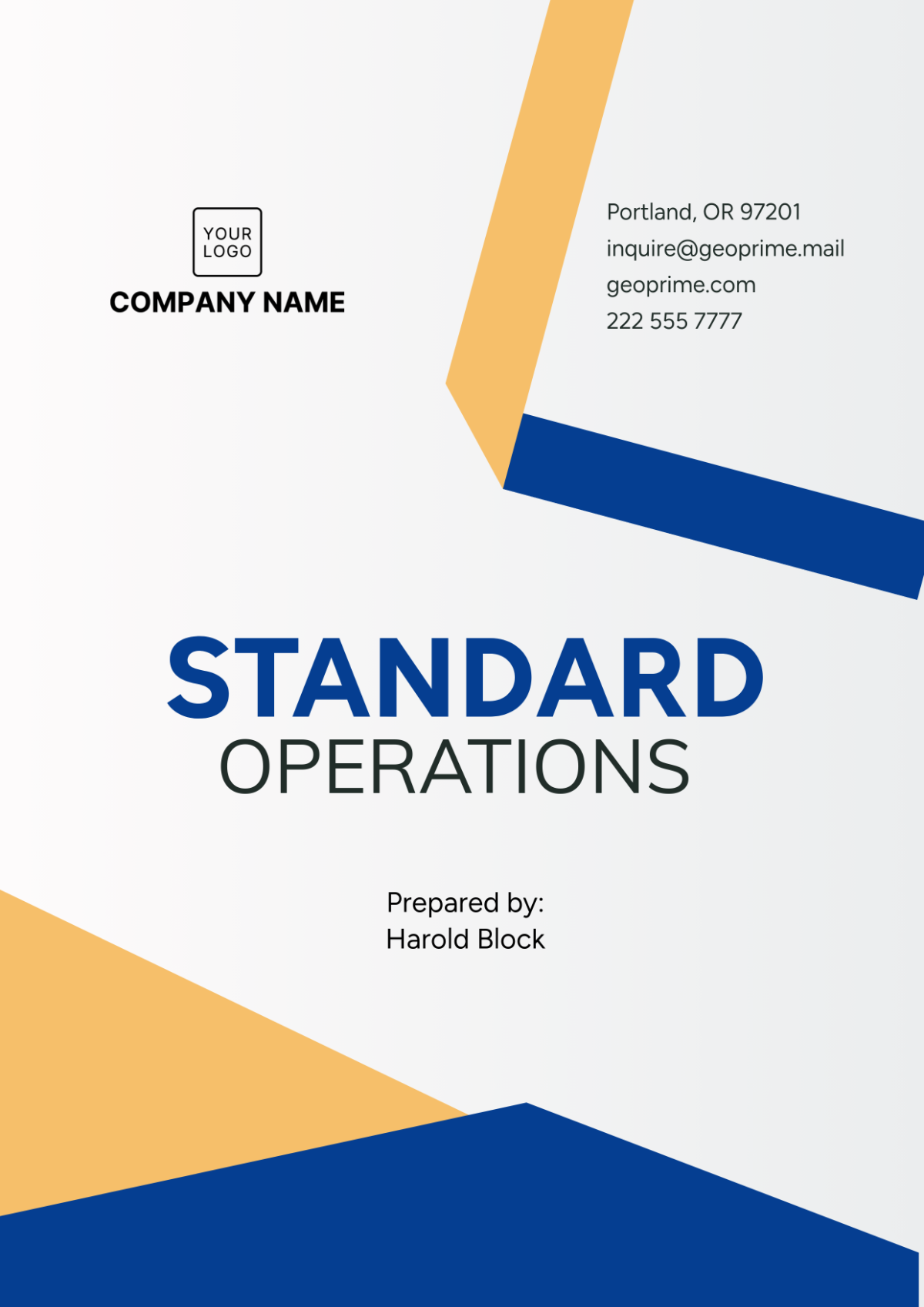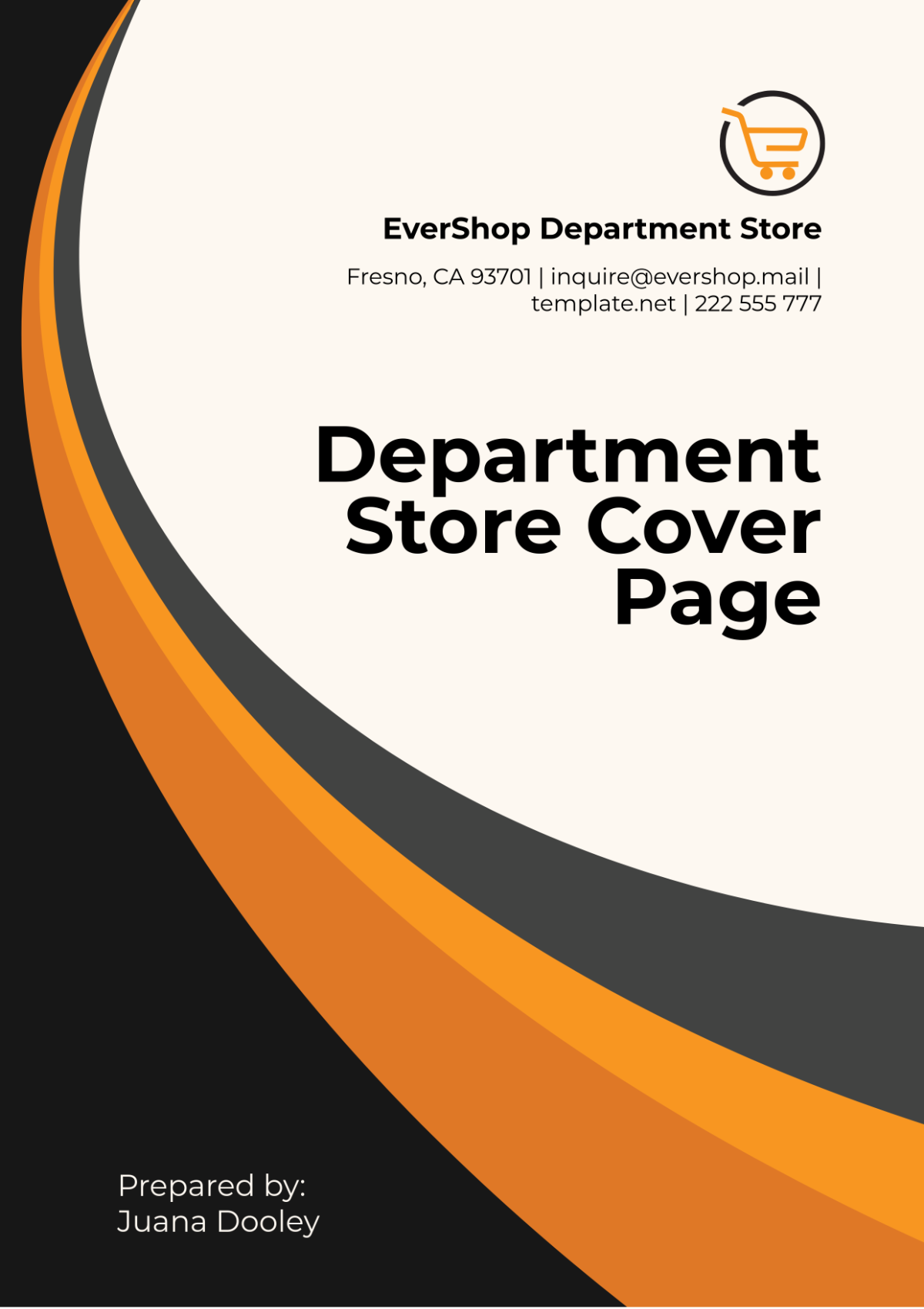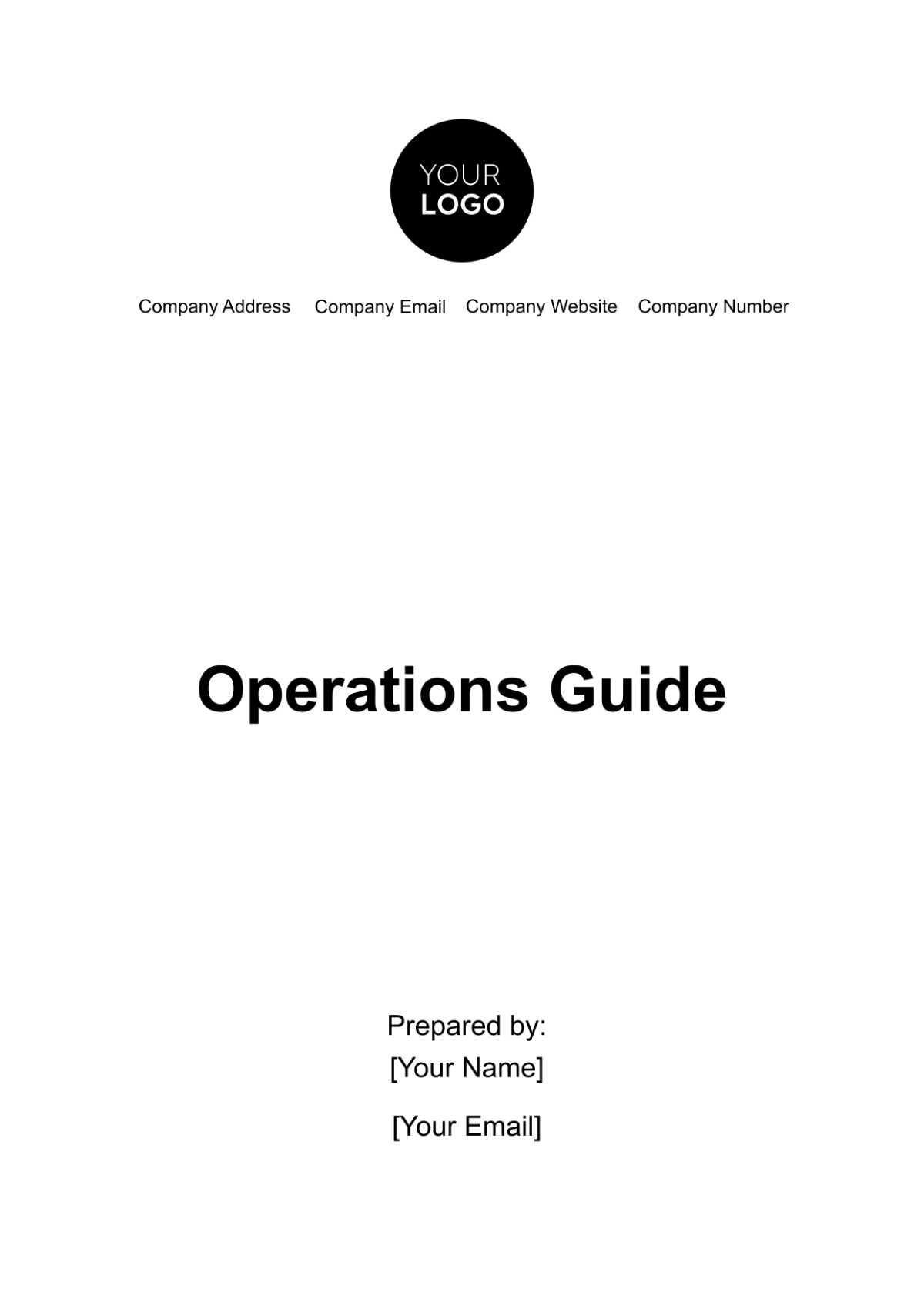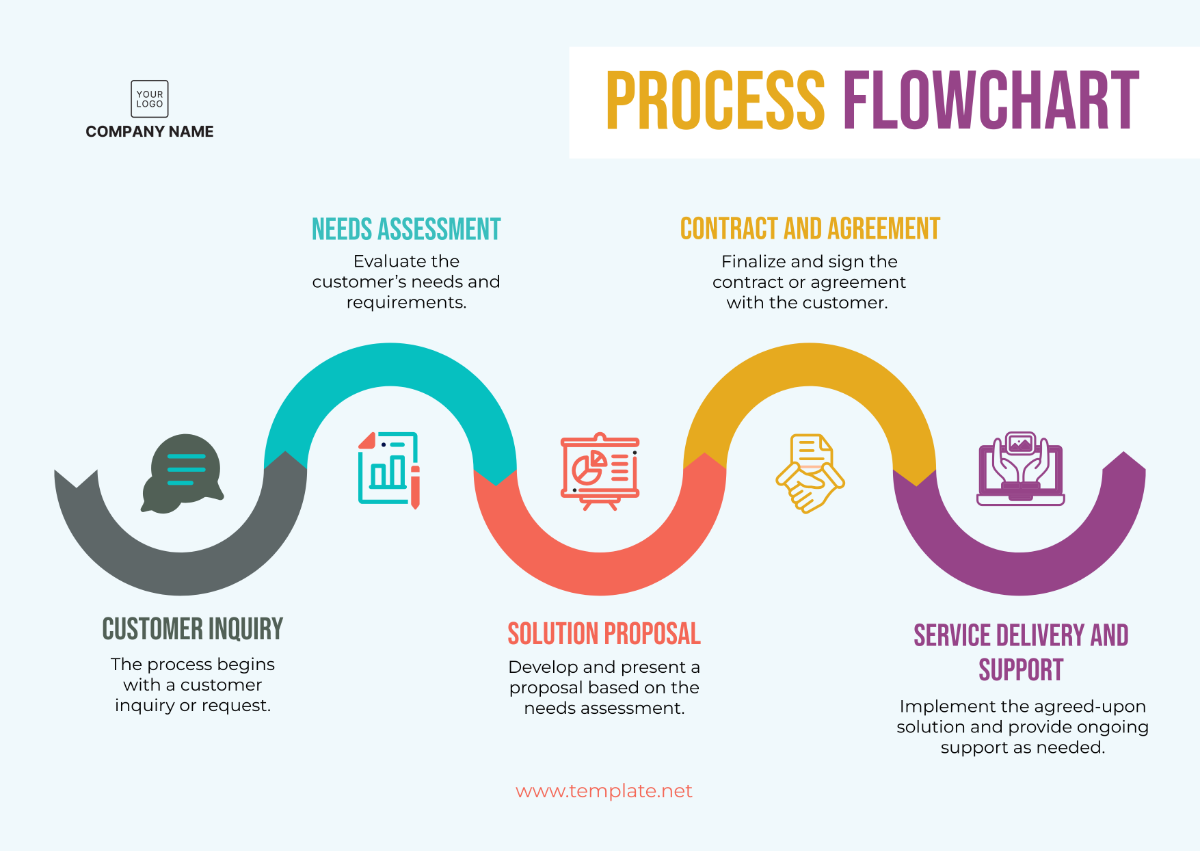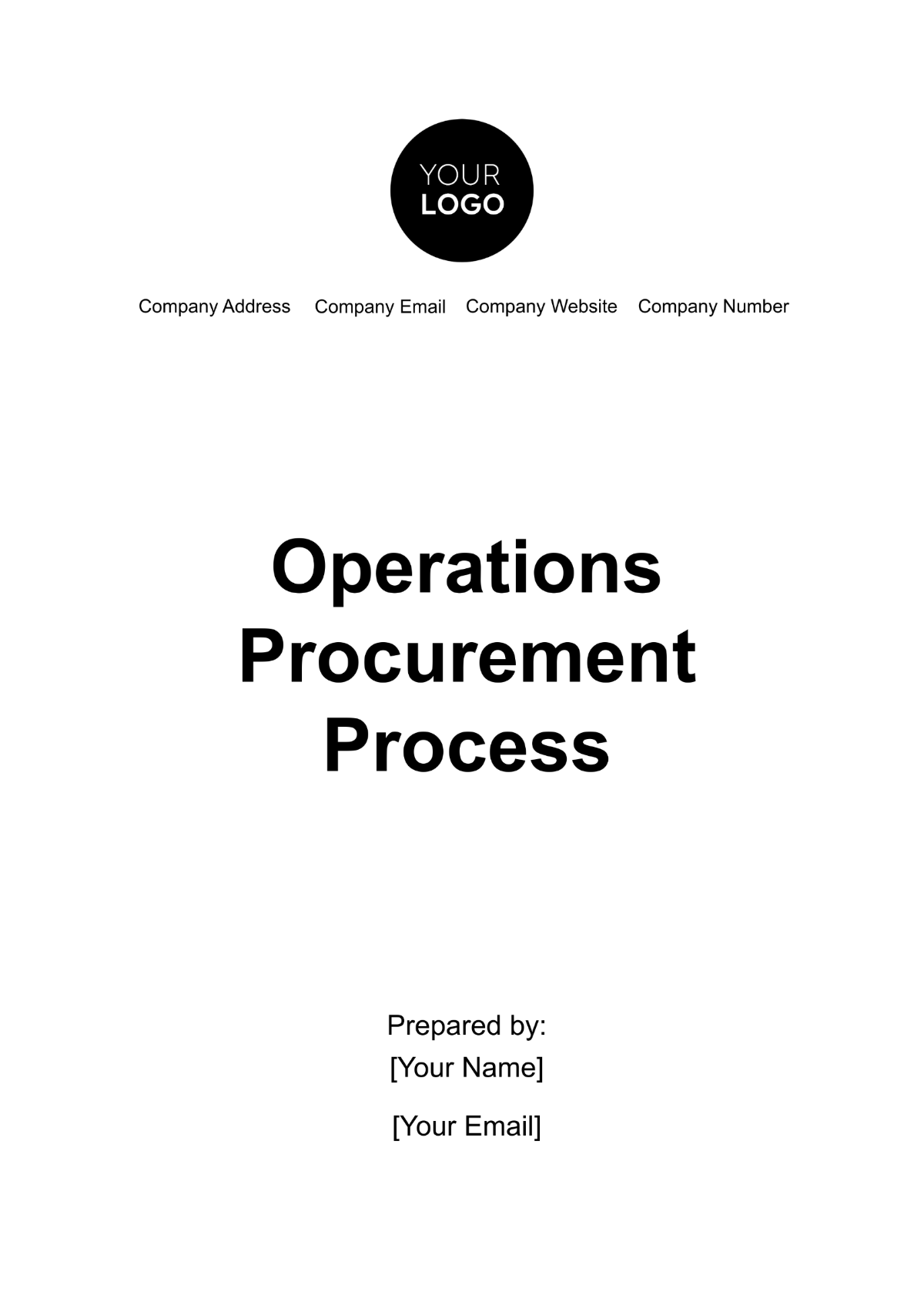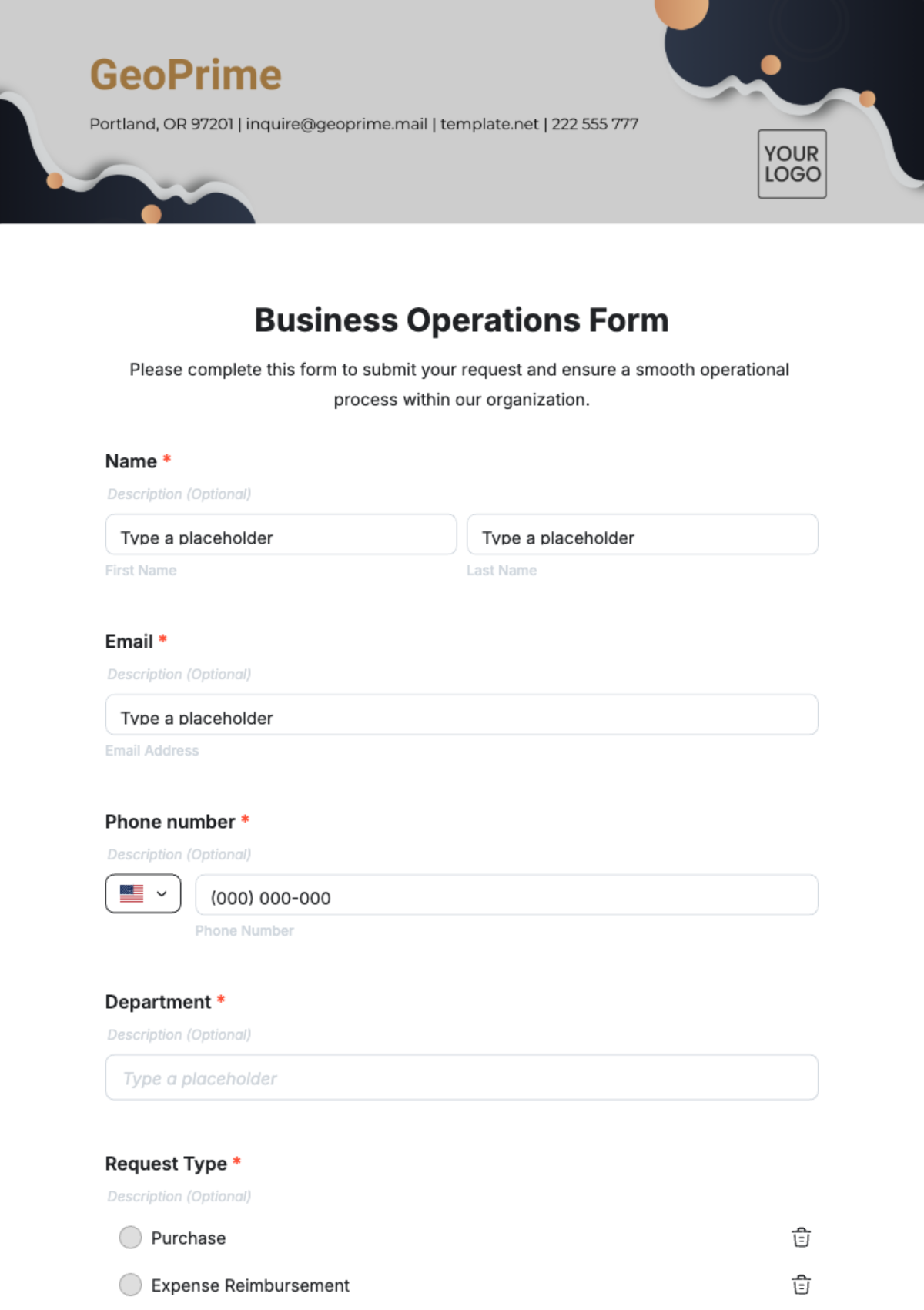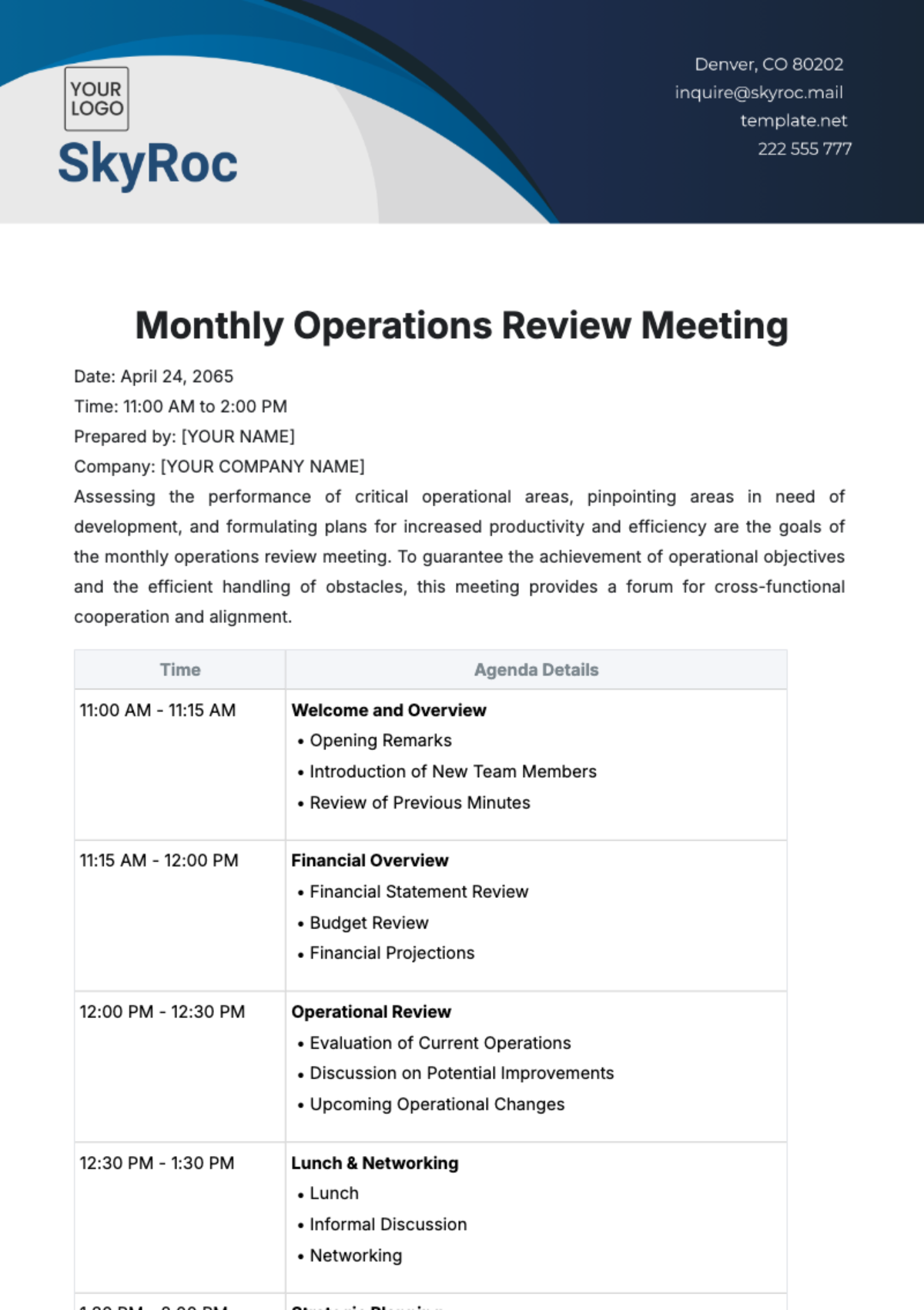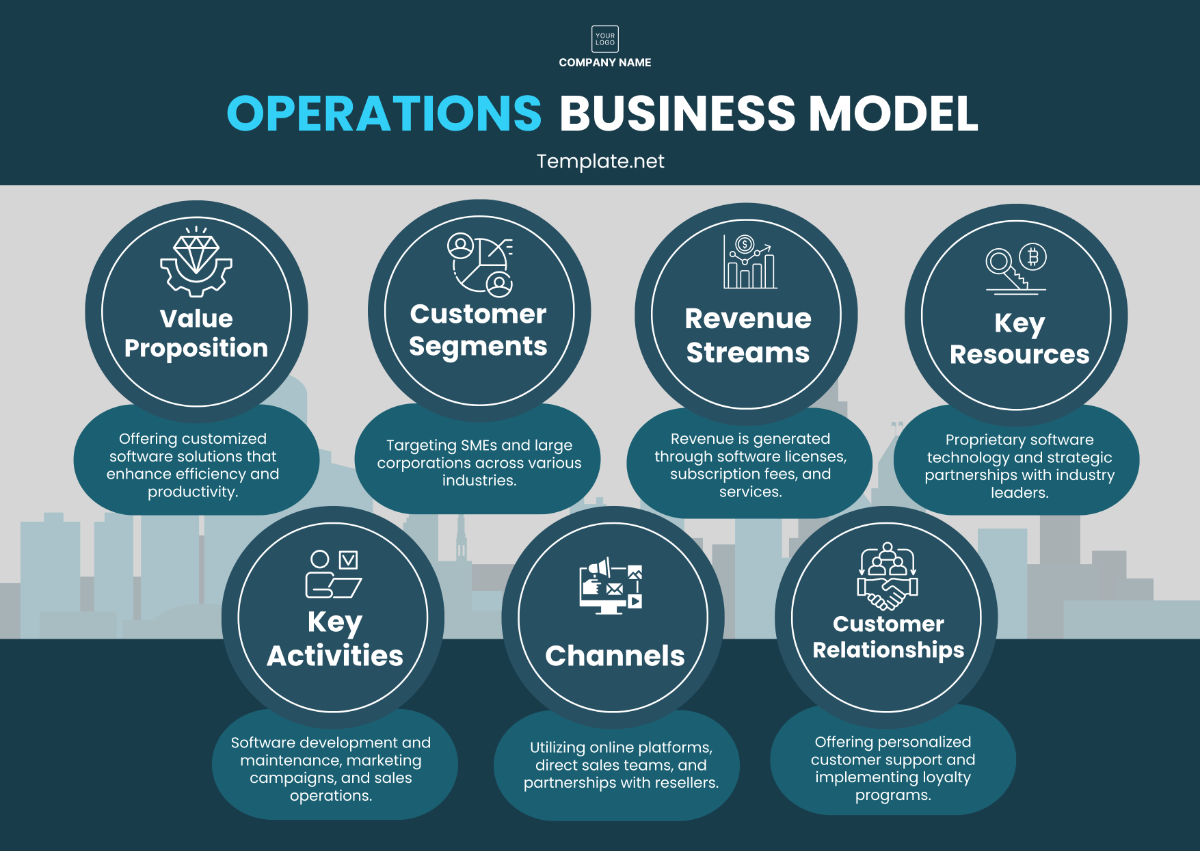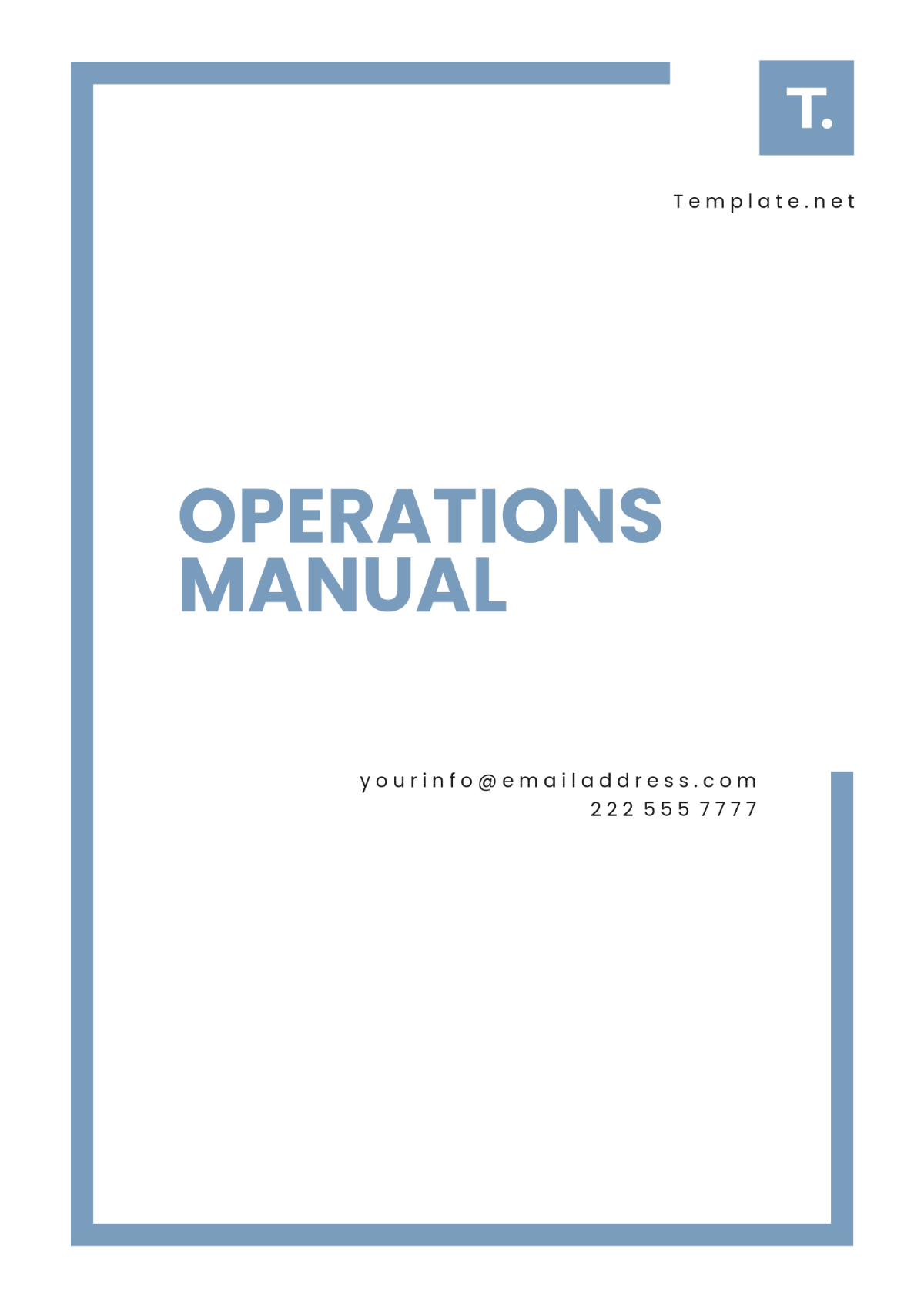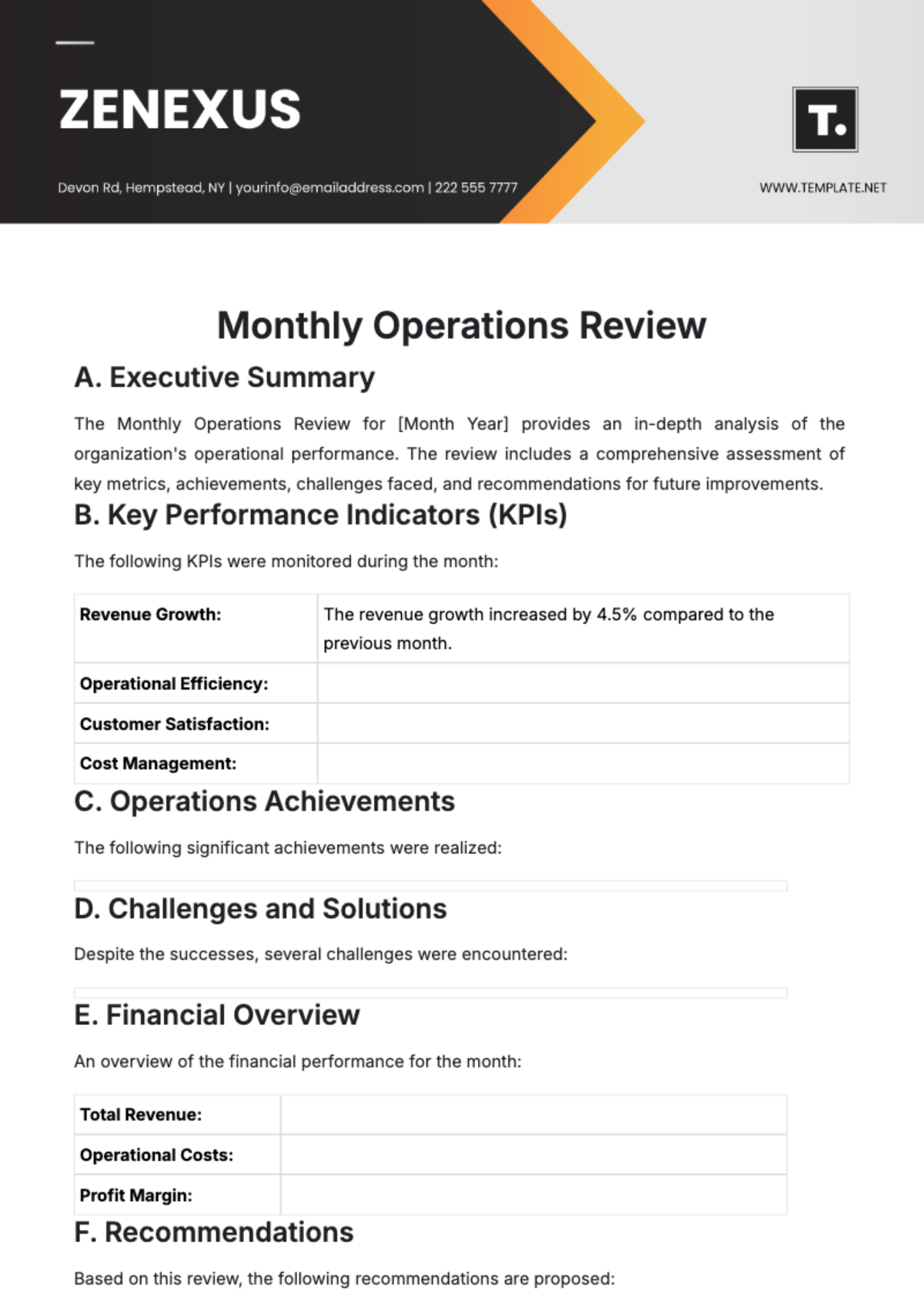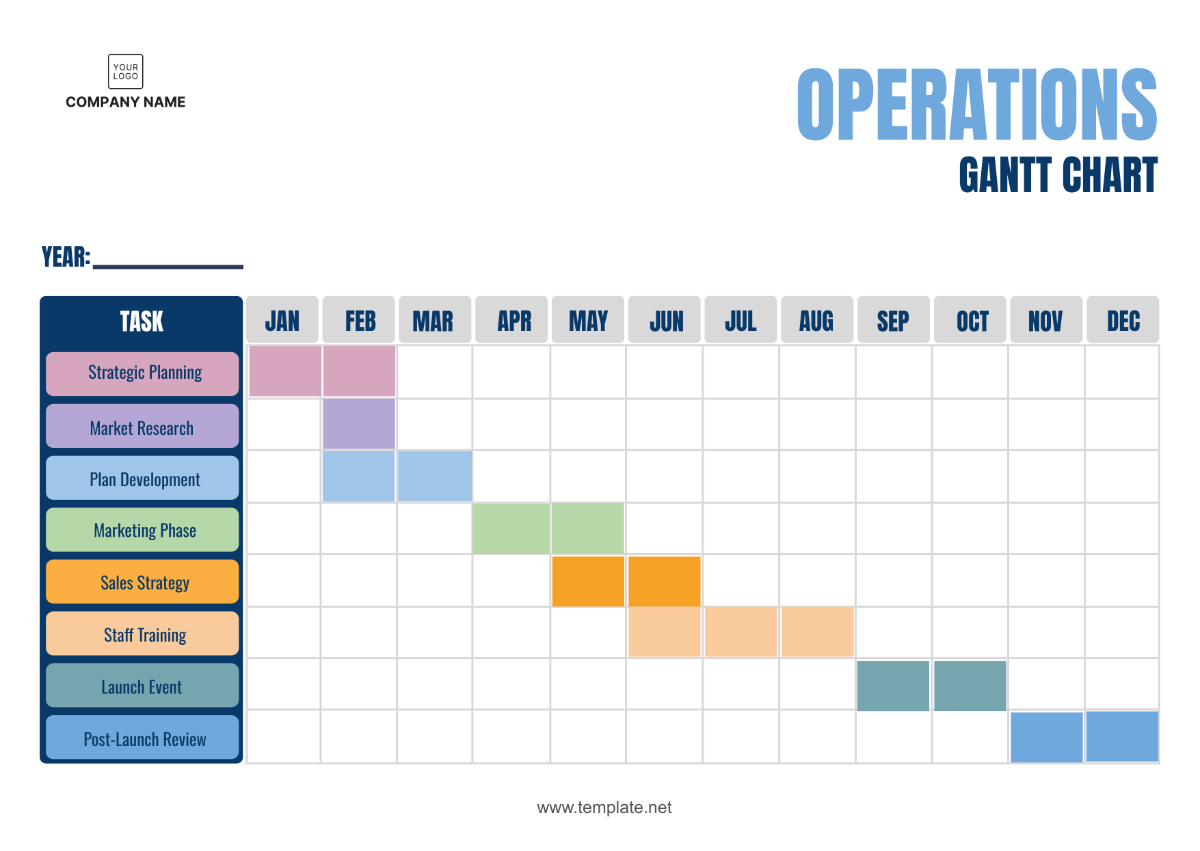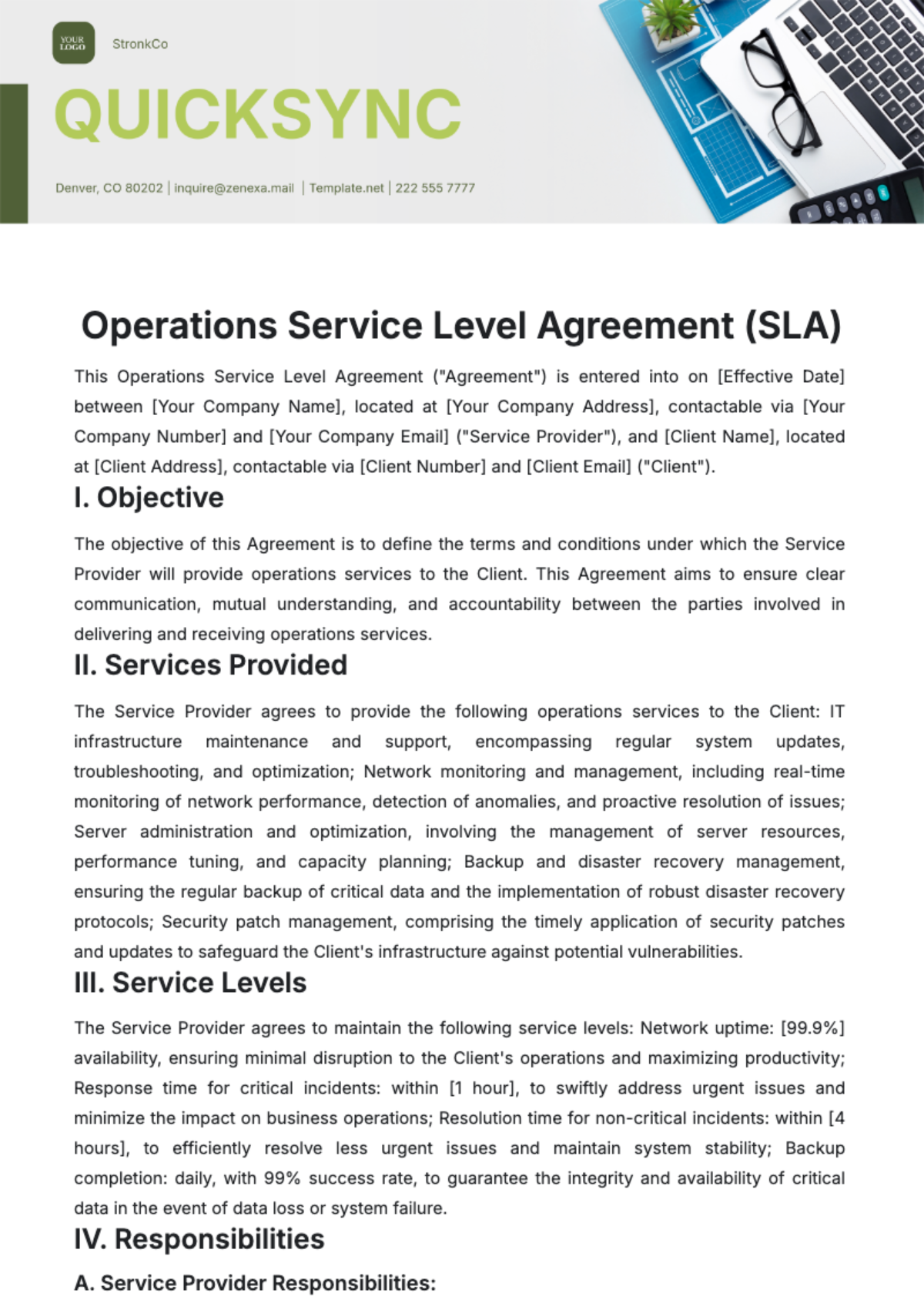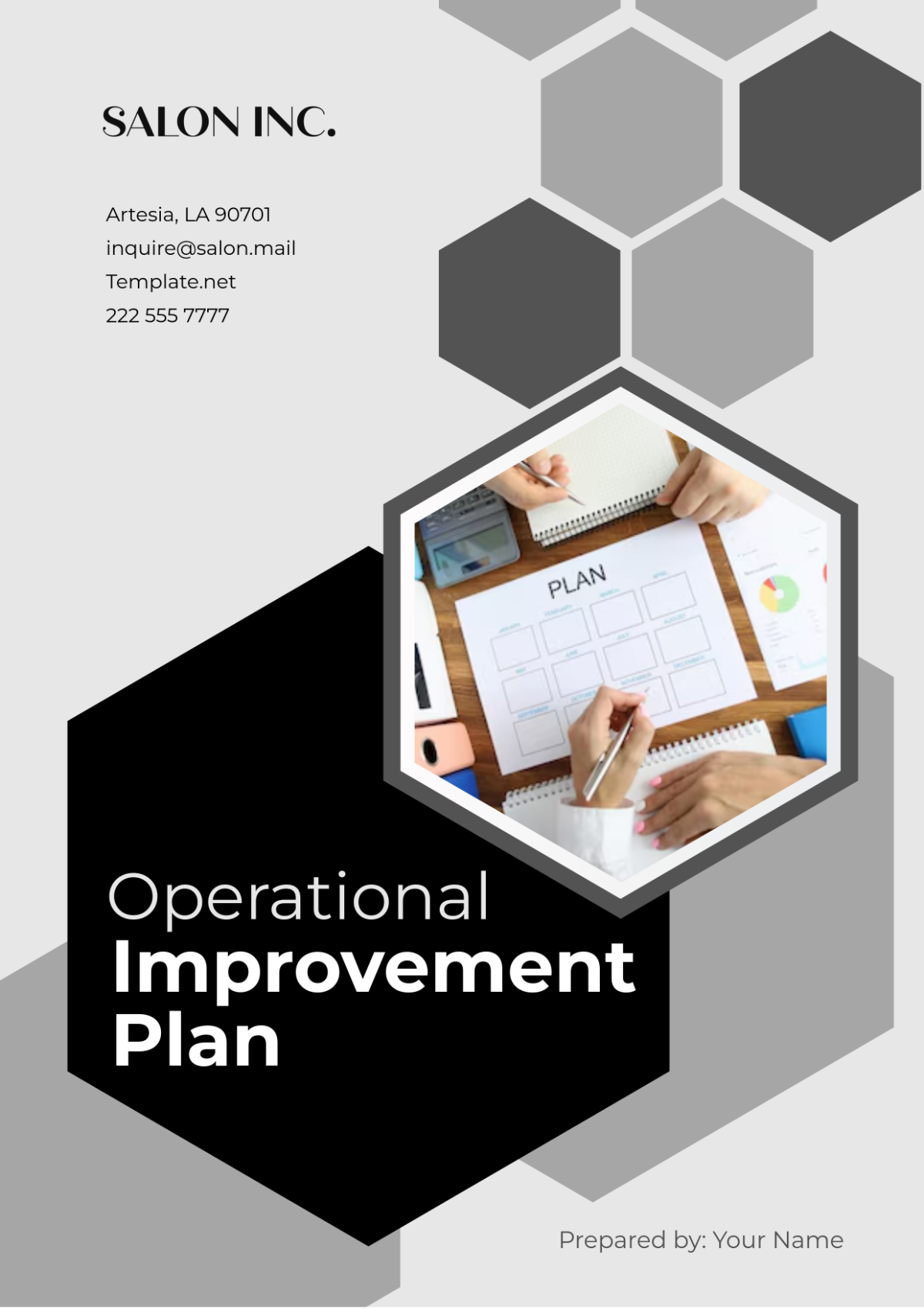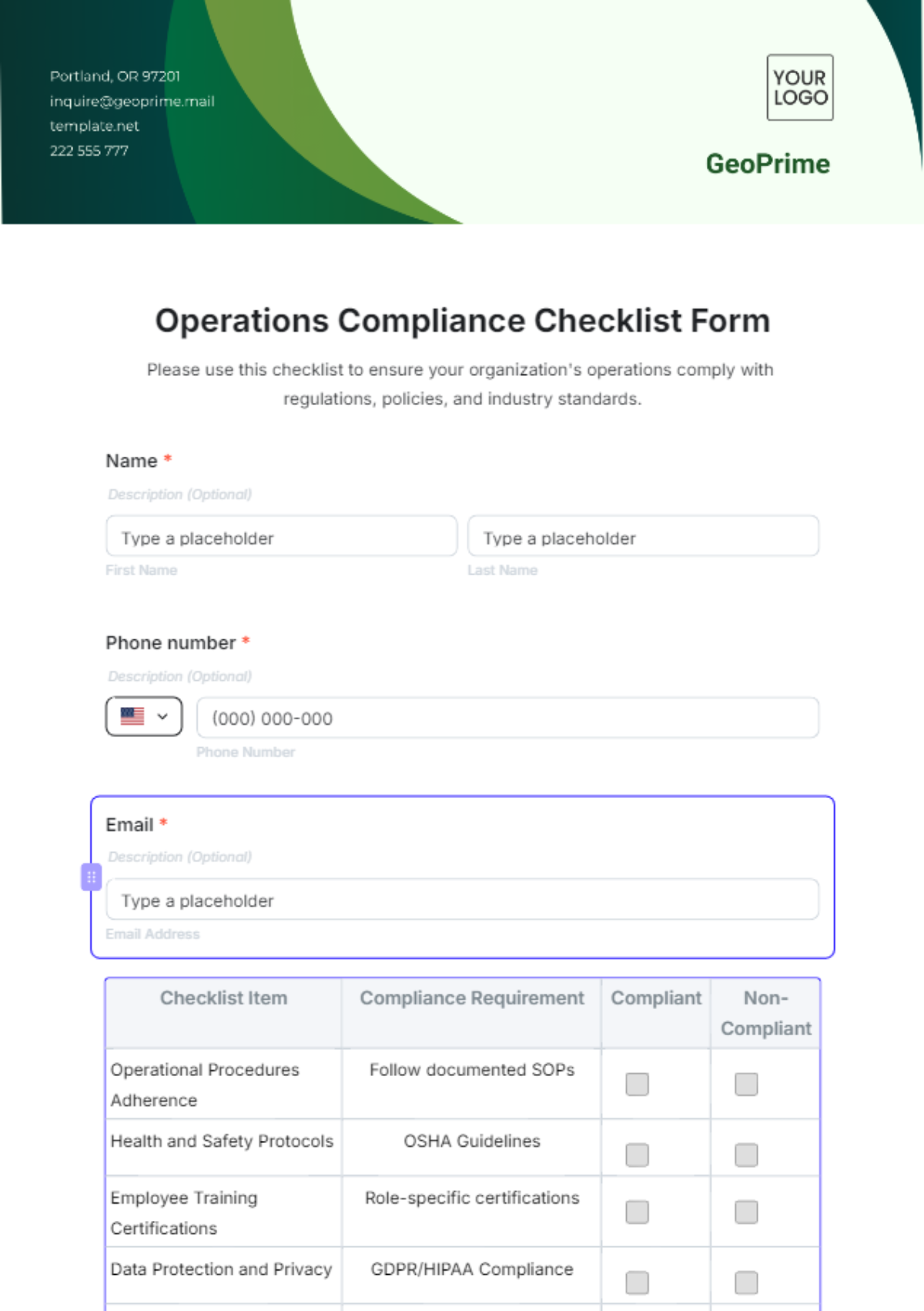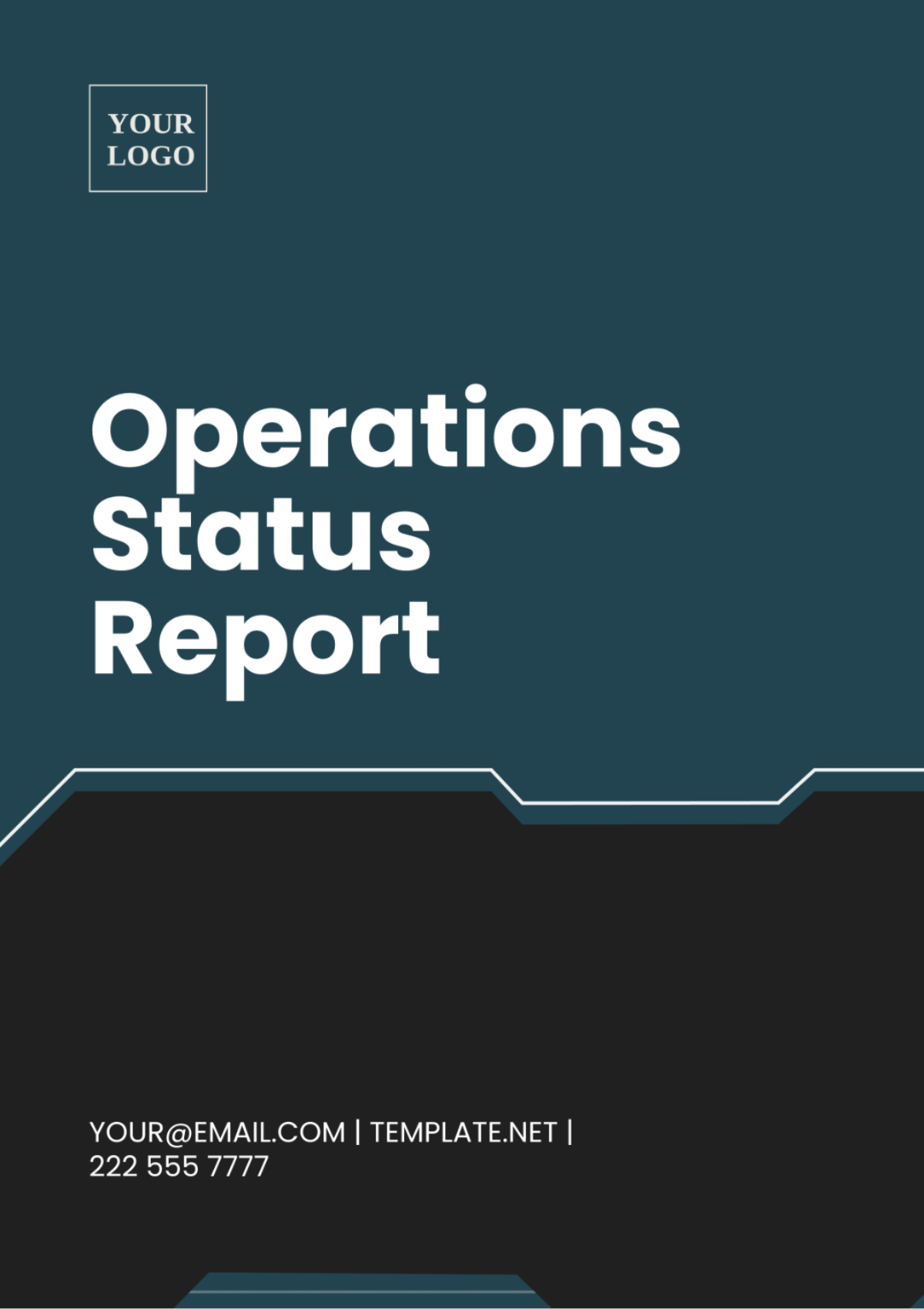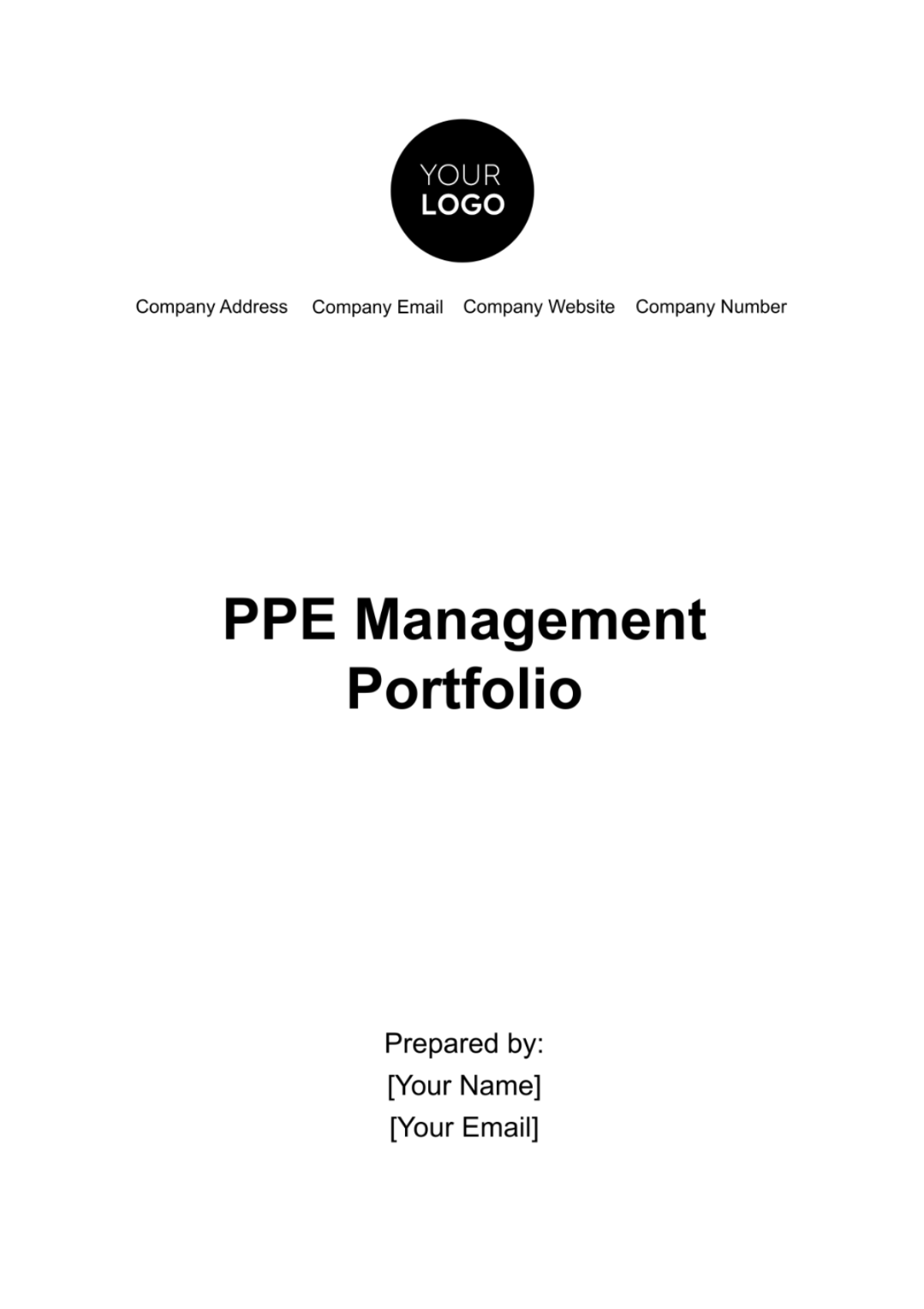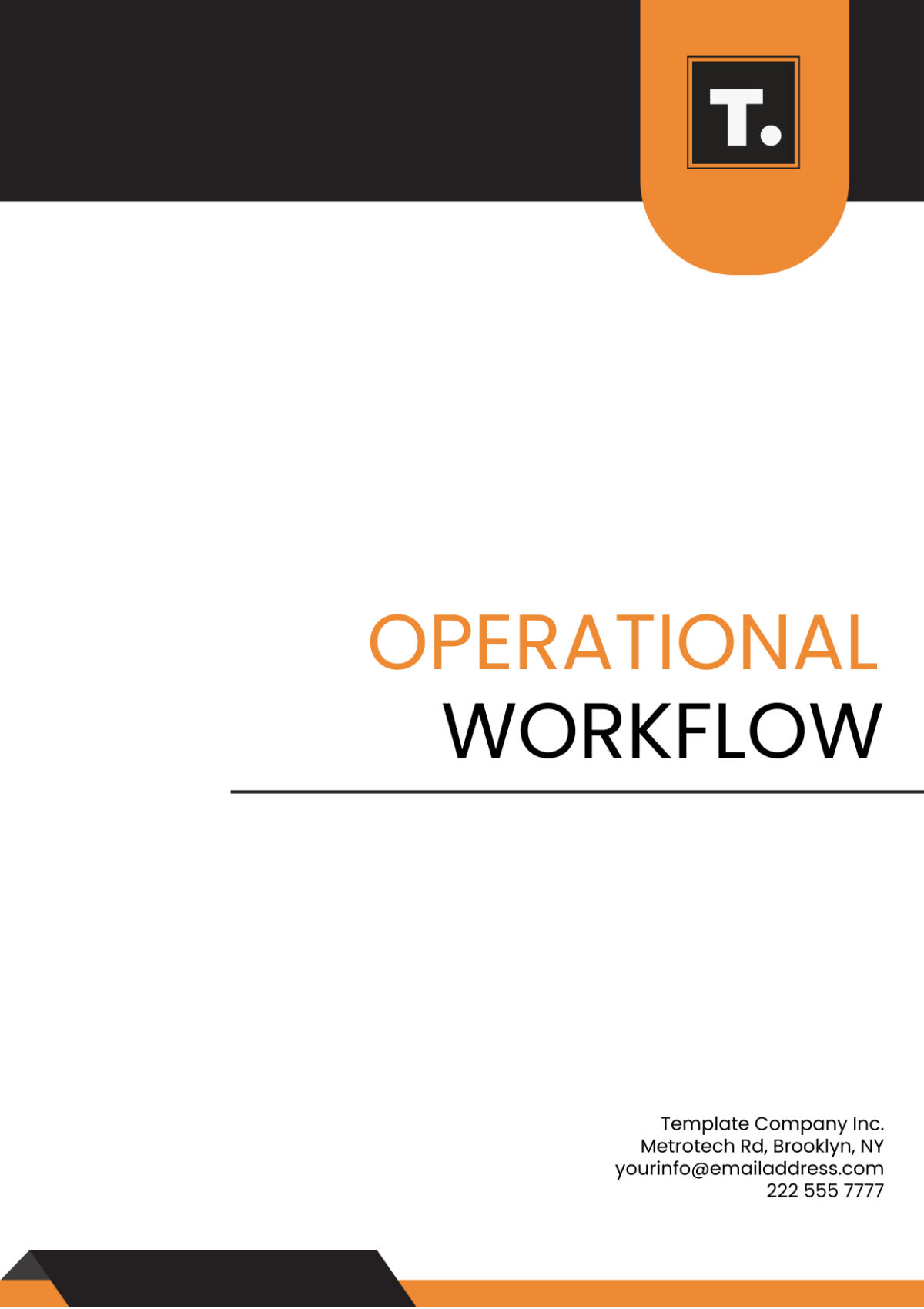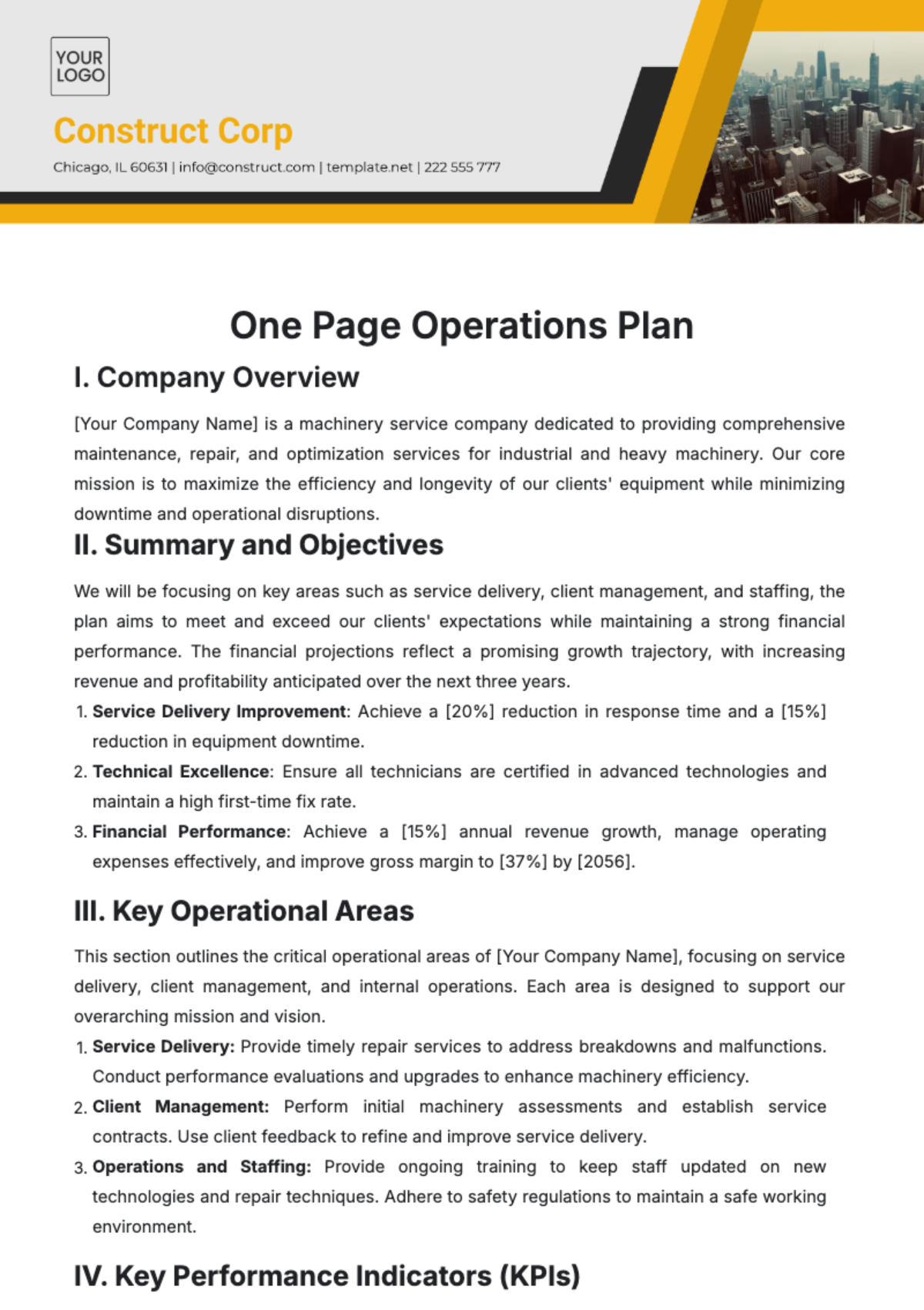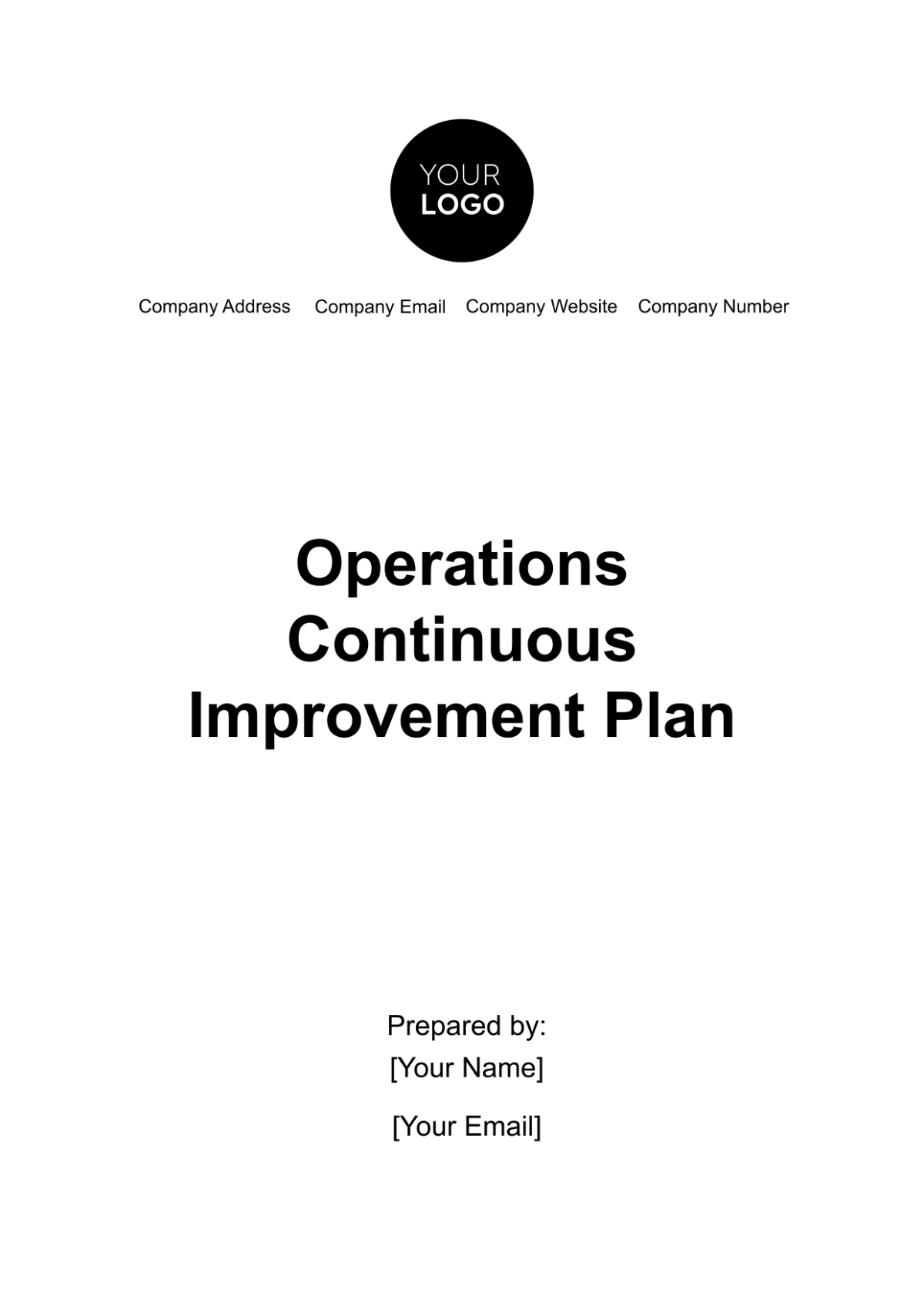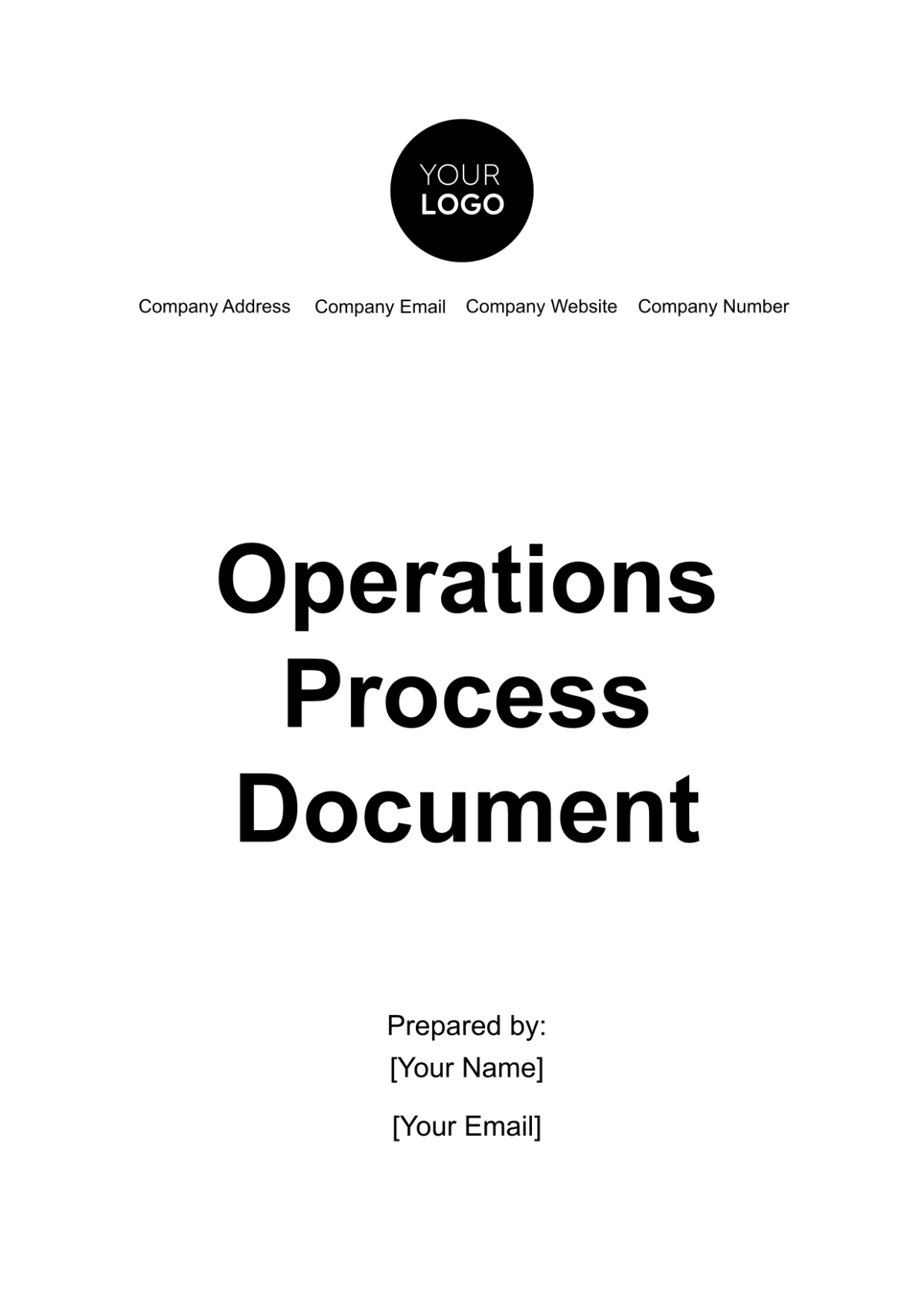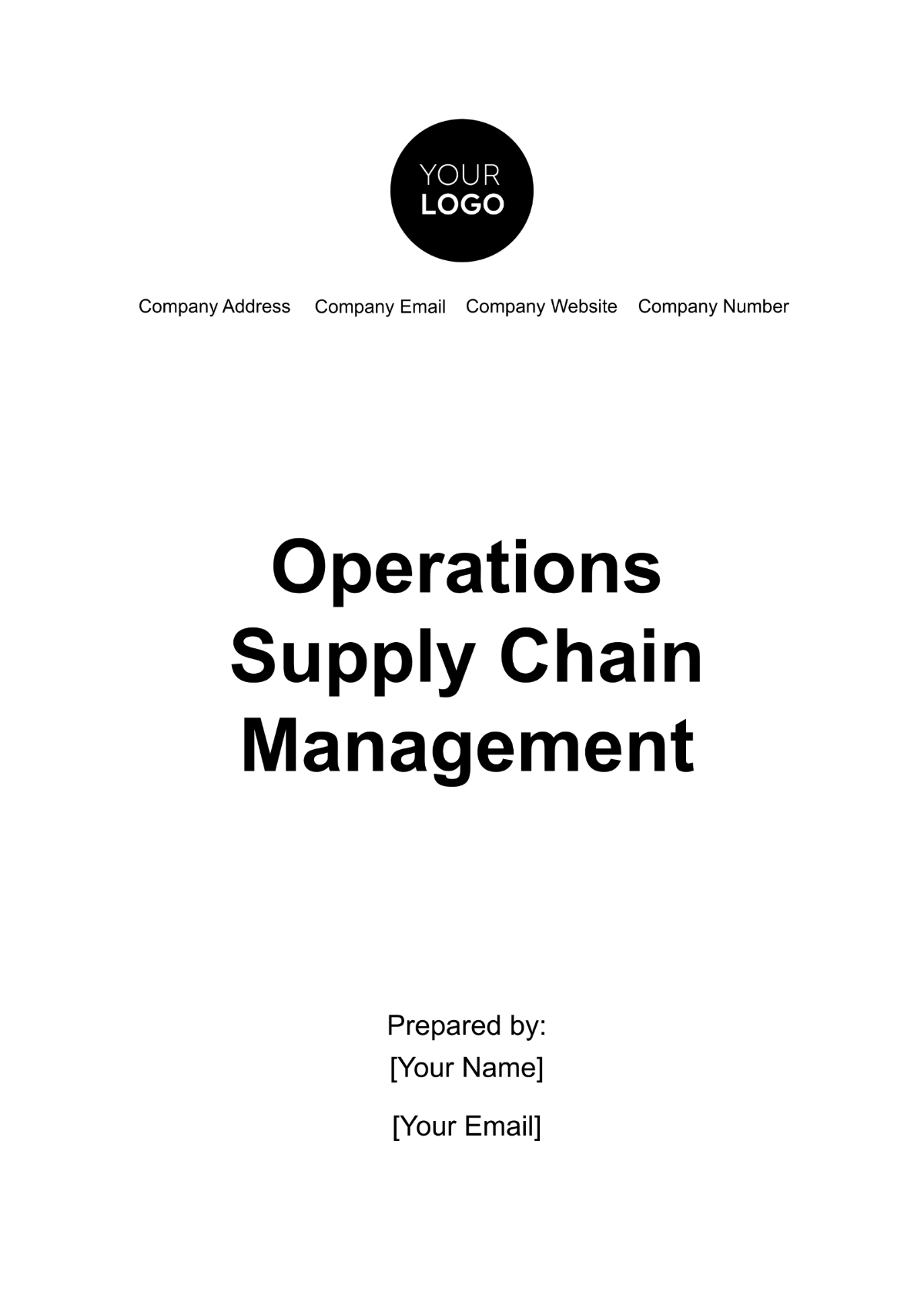Operations Vendor Management
I. Introduction
In today’s competitive business landscape, effective vendor management is crucial for maintaining operational efficiency and achieving organizational goals. This Operations Vendor Management guide is designed to streamline interactions with vendors, ensuring that [Your Company Name] achieves optimal performance and value from its external partnerships. By establishing clear guidelines and expectations, this document aims to create a structured approach to managing vendor relationships, mitigating risks, and enhancing overall service delivery.
The importance of robust vendor management cannot be overstated. A well-managed vendor relationship can lead to improved quality of goods and services, cost savings, and better compliance with industry standards and regulations. This guide outlines the processes for selecting, onboarding, and evaluating vendors, as well as managing ongoing relationships. It is intended to help ensure that all vendor-related activities at [Your Company Name] are conducted in a consistent and transparent manner, fostering a collaborative environment that supports the company's strategic objectives and upholds its commitment to legal and ethical business practices.
II. Vendor Selection
Vendor selection is the foundational step in Operations Vendor Management, pivotal for ensuring that [Your Company Name] partners with vendors who align with its operational goals and standards. A thorough selection process helps mitigate risks, ensures high-quality outcomes, and fosters successful long-term relationships. The following factors are critical in evaluating potential vendors:
Reputation and Reliability
A vendor’s reputation and reliability are fundamental indicators of their capability to meet expectations consistently. Assess the vendor’s history, customer reviews, and testimonials to gauge their performance and reliability. Reliable vendors should have a track record of delivering on time and addressing any issues effectively. Conducting background checks and speaking with current or past clients can provide valuable insights into their operational integrity and customer service standards.
Pricing Structure
Pricing is a crucial consideration, but it should not be the sole determinant. Evaluate the vendor’s pricing structure to ensure it aligns with your budget while offering value for money. Consider the overall cost-effectiveness, including any additional fees or hidden costs. Transparent and competitive pricing, coupled with clear terms and conditions, is essential for maintaining a cost-efficient partnership.
Quality of Products/Services
The quality of the vendor’s products or services must meet or exceed your company’s standards. Request samples or demonstrations to assess quality firsthand. Evaluate the vendor’s quality control processes and certifications, ensuring they adhere to industry standards and best practices. High-quality products and services are essential for maintaining operational excellence and customer satisfaction.
Compliance with Regulations
Ensure that the vendor complies with all relevant regulations and industry standards. This includes adherence to federal, state, and local laws, as well as any specific industry requirements. Compliance reduces the risk of legal issues and ensures that the vendor operates within the regulatory framework applicable to [Your Company Name].
Financial Stability
Assess the vendor’s financial stability to ensure they can support a long-term partnership. Review financial statements, credit reports, and other relevant financial information to evaluate their economic health. A financially stable vendor is less likely to experience disruptions that could impact their ability to deliver products or services.
Geographical Location
Consider the vendor’s geographical location in relation to your operations. Proximity can affect shipping times, costs, and communication efficiency. While local vendors may offer logistical advantages, do not disregard international vendors if they provide superior value or specialized products/services. Evaluate the impact of location on supply chain management and overall operational efficiency.
Effective vendor selection ensures that [Your Company Name] establishes productive partnerships with vendors who contribute positively to the company’s goals. Each factor considered plays a vital role in forming a robust foundation for successful vendor relationships.
III. Contract Management
Contracts are pivotal in establishing and maintaining vendor relationships, serving as the legal backbone for all interactions and transactions. Effective contract management ensures that both parties have a clear understanding of their obligations and expectations, which helps prevent misunderstandings and disputes. This involves not only drafting comprehensive and precise contracts but also actively managing and reviewing them throughout their lifecycle.
Effective contract management includes:
Setting Clear Expectations
Defining Service Level Agreements (SLAs)
Implementing Penalty and Incentive Structures
Regular Review and Amendments
IV. Performance Monitoring and Evaluation
Ongoing performance monitoring is essential for ensuring that vendors consistently meet their contractual obligations and deliver the expected value. By systematically tracking and evaluating vendor performance, [Your Company Name] can identify areas of improvement, address potential issues, and ensure that service levels align with company standards. Effective performance monitoring helps maintain high quality, manage costs, and ensure compliance with agreed-upon terms.
Key performance indicators (KPIs) are critical tools in this process. They provide measurable benchmarks for assessing vendor performance, such as on-time delivery, quality of deliverables, cost variance, and compliance rate. By setting clear targets for these KPIs, [Your Company Name] can objectively evaluate vendor performance and make data-driven decisions to optimize vendor relationships and operational efficiency.
Key performance indicators (KPIs) might include:
KPI | Description | Target Value |
|---|---|---|
On-Time Delivery | Percentage of deliveries made on or before the agreed date | 95% |
Quality of Deliverables | Percentage of deliverables meeting quality standards | 99% |
Cost Variance | Difference between agreed cost and actual cost | < 5% |
Compliance Rate | Adherence to regulatory and contractual requirements | 100% |
V. Risk Management
Effective risk management is vital for minimizing disruptions and safeguarding [Your Company Name] from potential vendor-related issues. Identifying and addressing risks proactively can prevent significant setbacks and ensure continuity in operations. Implementing key risk management practices is essential for maintaining a stable and resilient vendor ecosystem.
Conducting Regular Risk Assessments
Routine risk assessments help identify potential vulnerabilities in vendor relationships. These assessments should evaluate various risk factors, including operational, financial, and reputational risks. By systematically analyzing the risk landscape, [Your Company Name] can prioritize and address potential threats before they escalate. This proactive approach allows for early detection of issues and the implementation of mitigation strategies to minimize impact.
Developing Contingency Plans
Contingency plans are crucial for preparing [Your Company Name] to handle unexpected disruptions. These plans should outline alternative actions and responses in the event of vendor failures, delays, or other issues. A well-structured contingency plan includes predefined steps, resource allocation, and communication strategies to ensure that operations can continue smoothly despite unforeseen challenges. Regular testing and updating of these plans ensure their effectiveness in real-world scenarios.
Monitoring Vendor Financial Health
Vigilantly monitoring the financial health of vendors is essential for mitigating financial risks. This includes reviewing financial statements, credit reports, and any indicators of financial instability. Regular financial evaluations help identify potential risks associated with a vendor’s economic condition, enabling [Your Company Name] to take preventive measures if a vendor’s financial situation deteriorates. This practice supports maintaining a stable supply chain and avoiding disruptions caused by vendor insolvency.
Ensuring Data Security and Compliance
Data security and regulatory compliance are critical aspects of vendor risk management. [Your Company Name] must ensure that vendors adhere to data protection regulations and industry standards. This includes assessing vendors' data security practices, compliance with laws such as GDPR or CCPA, and safeguarding sensitive information. Regular audits and security assessments help ensure that vendors maintain the necessary safeguards to protect data and meet compliance requirements.
Implementing Exit Strategies
Having well-defined exit strategies is essential for managing the termination of vendor relationships. These strategies should outline procedures for ending contracts, transferring responsibilities, and handling any remaining obligations. Clear exit strategies help mitigate the risks associated with vendor disengagement, ensuring a smooth transition and minimizing disruptions to [Your Company Name]’s operations. Preparing for potential exits in advance enables efficient and orderly management of vendor terminations.
VI. Vendor Relationship Management
Strong vendor relationships are crucial for fostering collaboration and driving innovation. Effective management of these relationships not only enhances the quality of goods and services but also contributes to achieving [Your Company Name]'s strategic objectives. By implementing targeted strategies, [Your Company Name] can build and sustain positive interactions with vendors, leading to mutually beneficial outcomes and a more resilient supply chain.
The following table outlines key strategies for effective vendor relationship management:
Strategy | Description |
|---|---|
Regular Communication | Maintain consistent and open communication channels to address issues promptly and share updates. |
Periodic Performance Reviews | Conduct scheduled reviews to evaluate vendor performance, provide feedback, and discuss improvements. |
Joint Problem-Solving Sessions | Collaborate with vendors to resolve challenges and develop innovative solutions together. |
Building Long-Term Partnerships | Focus on creating enduring relationships based on trust, reliability, and mutual benefits. |
VII. Technology Integration
Utilizing technology to manage vendor relationships and processes can enhance efficiency and effectiveness. Recommended technological tools include:
Vendor Management Systems (VMS)
Enterprise Resource Planning (ERP) Software
Contract Management Software
Performance Monitoring Tools
VIII. Conclusion
Effective Operations Vendor Management is essential for achieving [Your Company Name]'s operational goals and maintaining high standards of product and service delivery. A well-structured approach to vendor management not only ensures that all parties understand their responsibilities and expectations but also fosters strong and productive relationships. By implementing comprehensive vendor selection criteria, meticulous contract management practices, and rigorous performance monitoring, organizations can secure reliable and high-quality vendors who contribute to overall business success.
Moreover, proactive risk management practices are vital for minimizing potential disruptions and ensuring business continuity. Regular risk assessments, robust contingency plans, and diligent monitoring of vendor financial health and compliance help safeguard [Your Company Name] against unforeseen challenges and maintain smooth operations. Building and nurturing positive vendor relationships through consistent communication, periodic performance reviews, and collaborative problem-solving further enhance the effectiveness of vendor partnerships.
By adhering to these structured processes and strategies, [Your Company Name] can achieve significant operational efficiencies, reduce risks, and realize the full potential of its vendor relationships. This holistic approach to vendor management not only supports the company's strategic objectives but also drives continuous improvement and innovation, ultimately leading to a more resilient and successful business.

